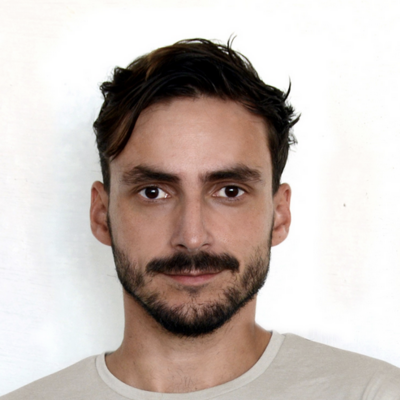



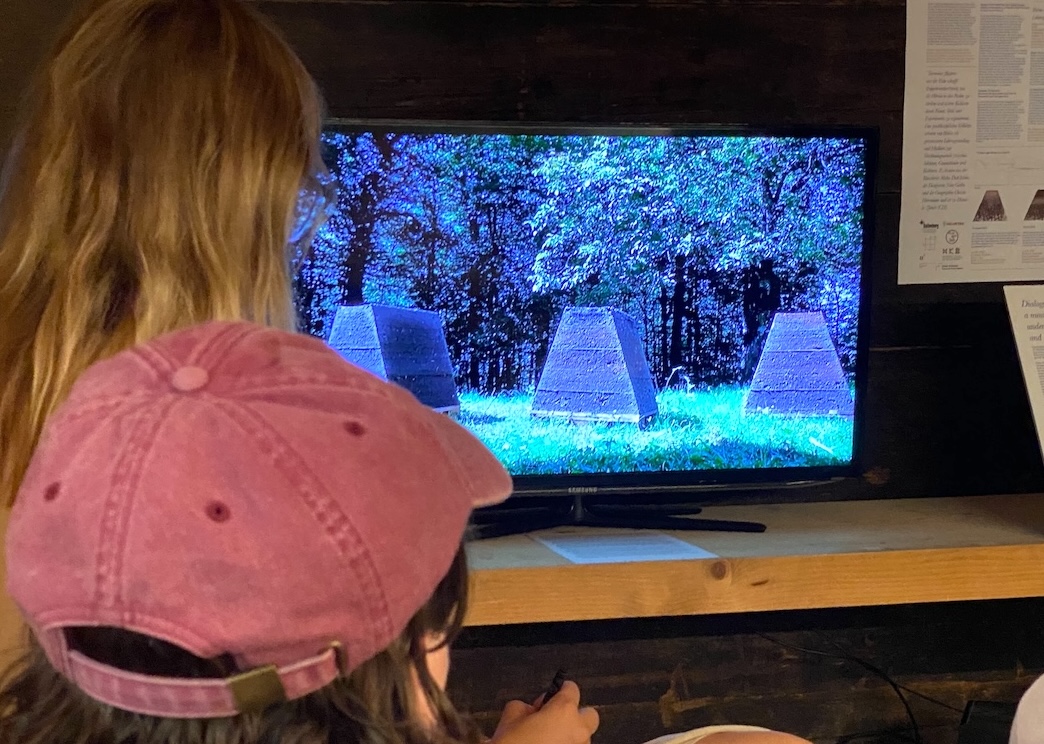
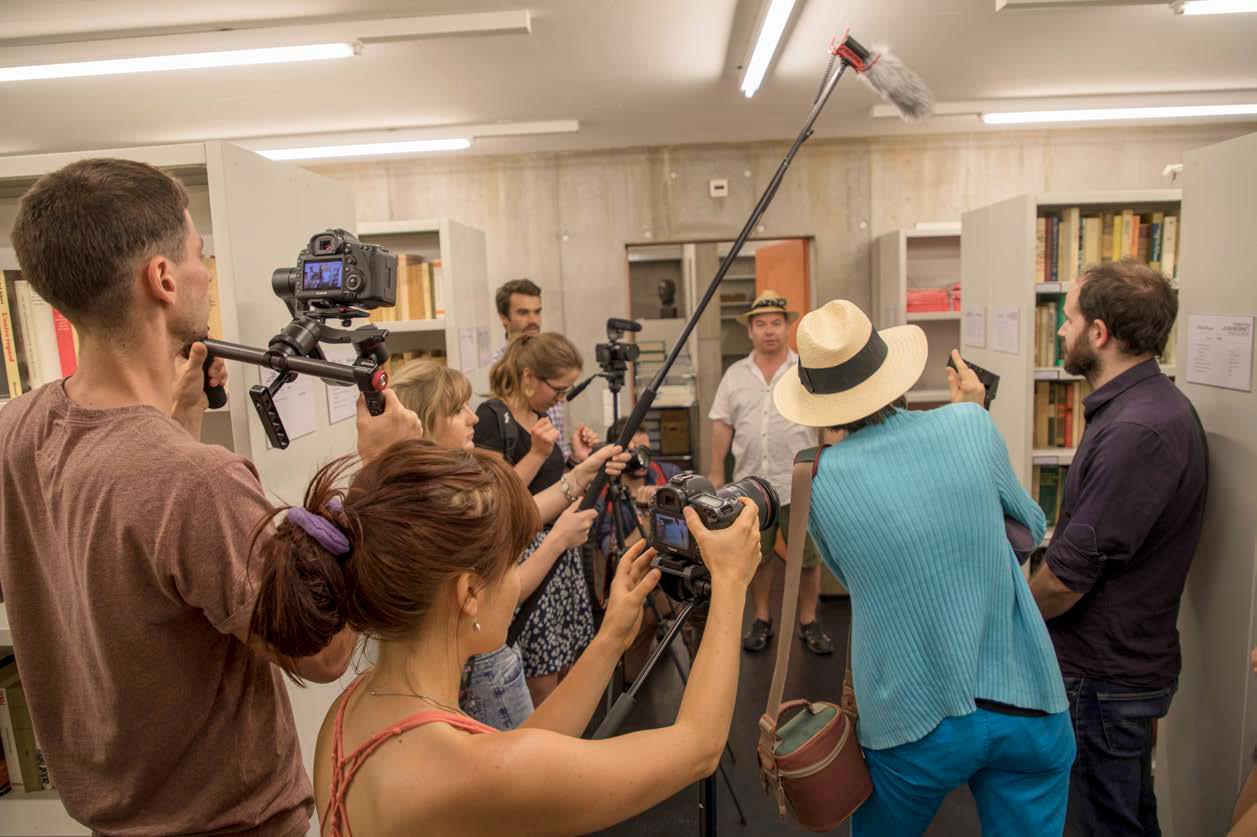

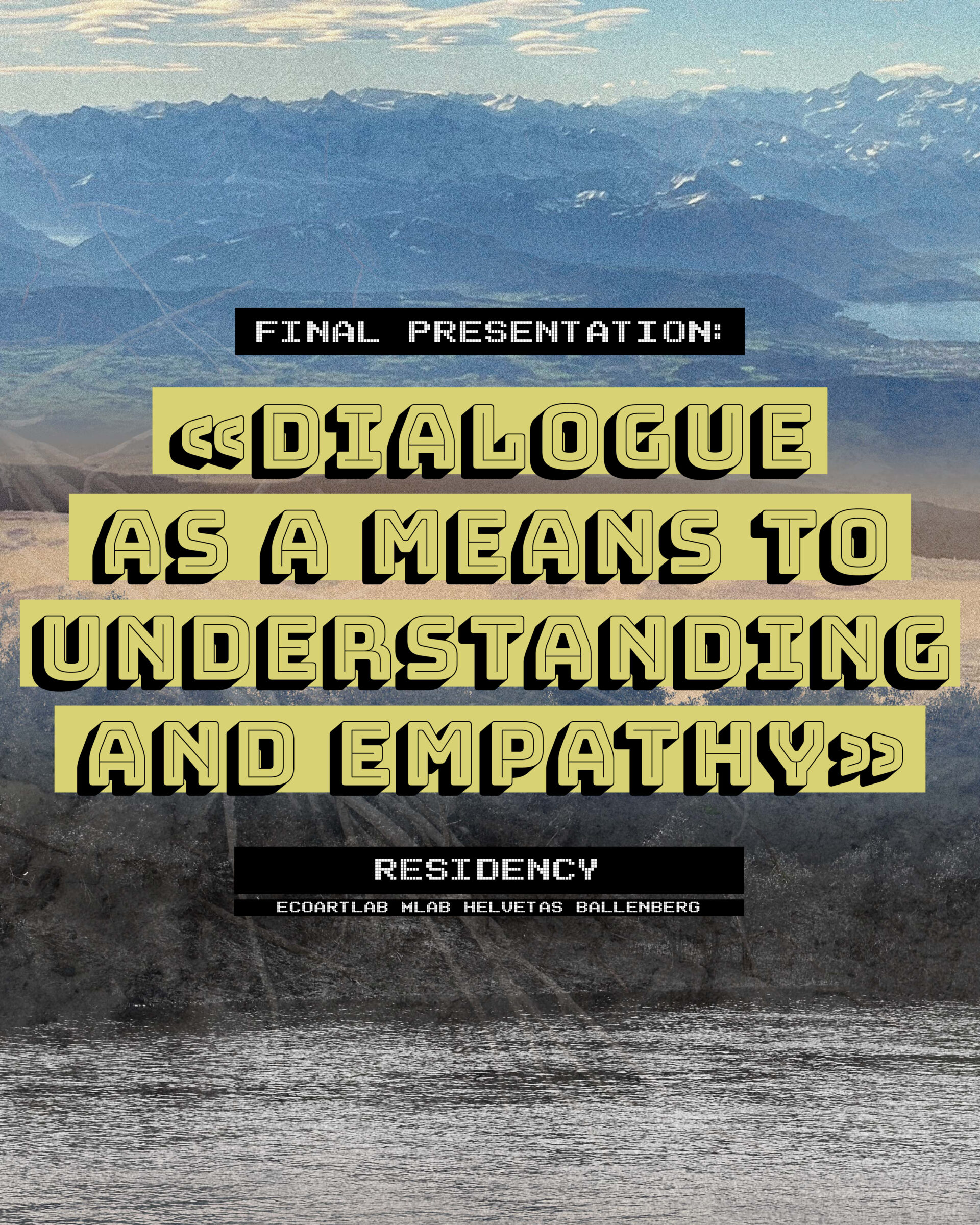
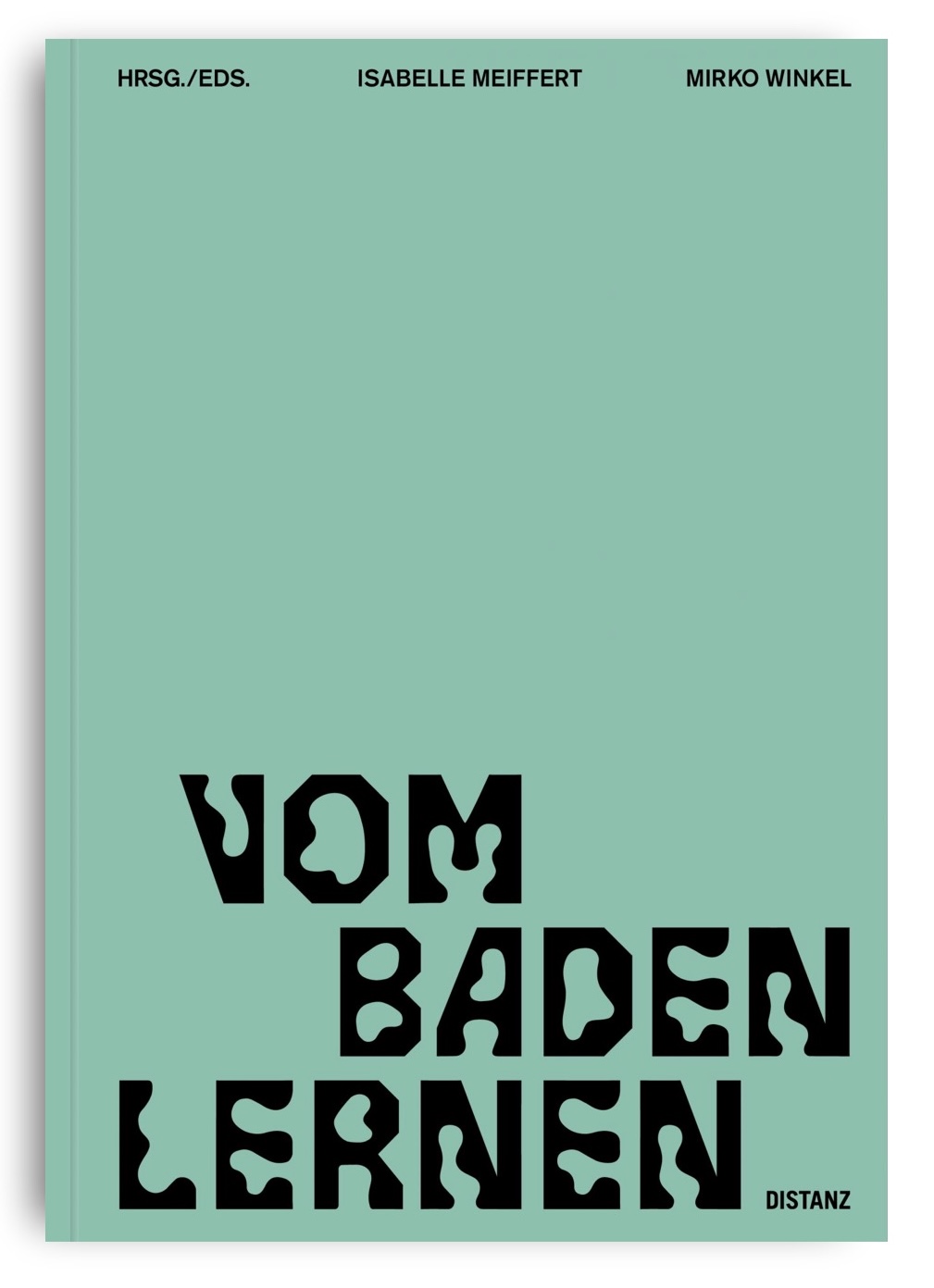
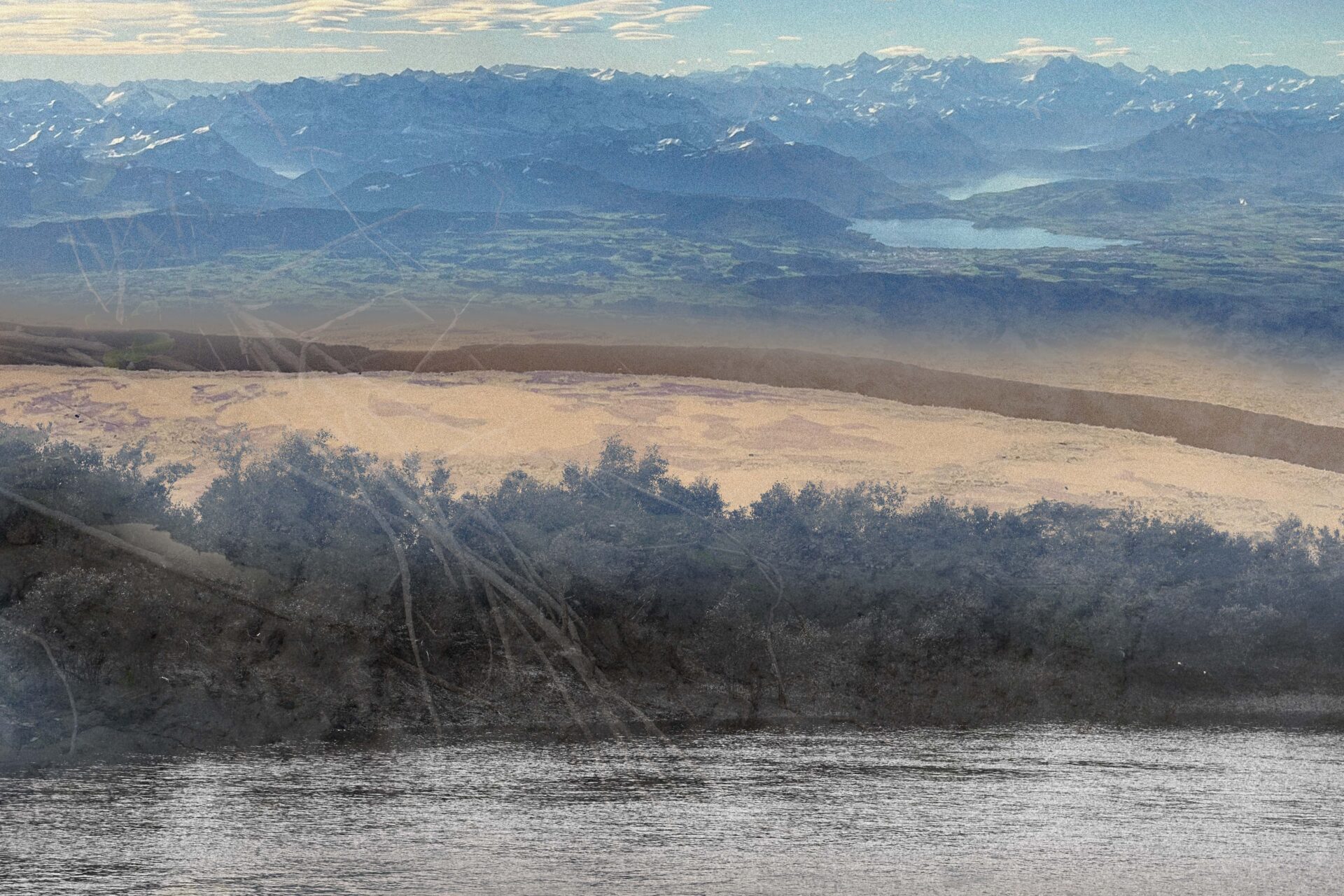
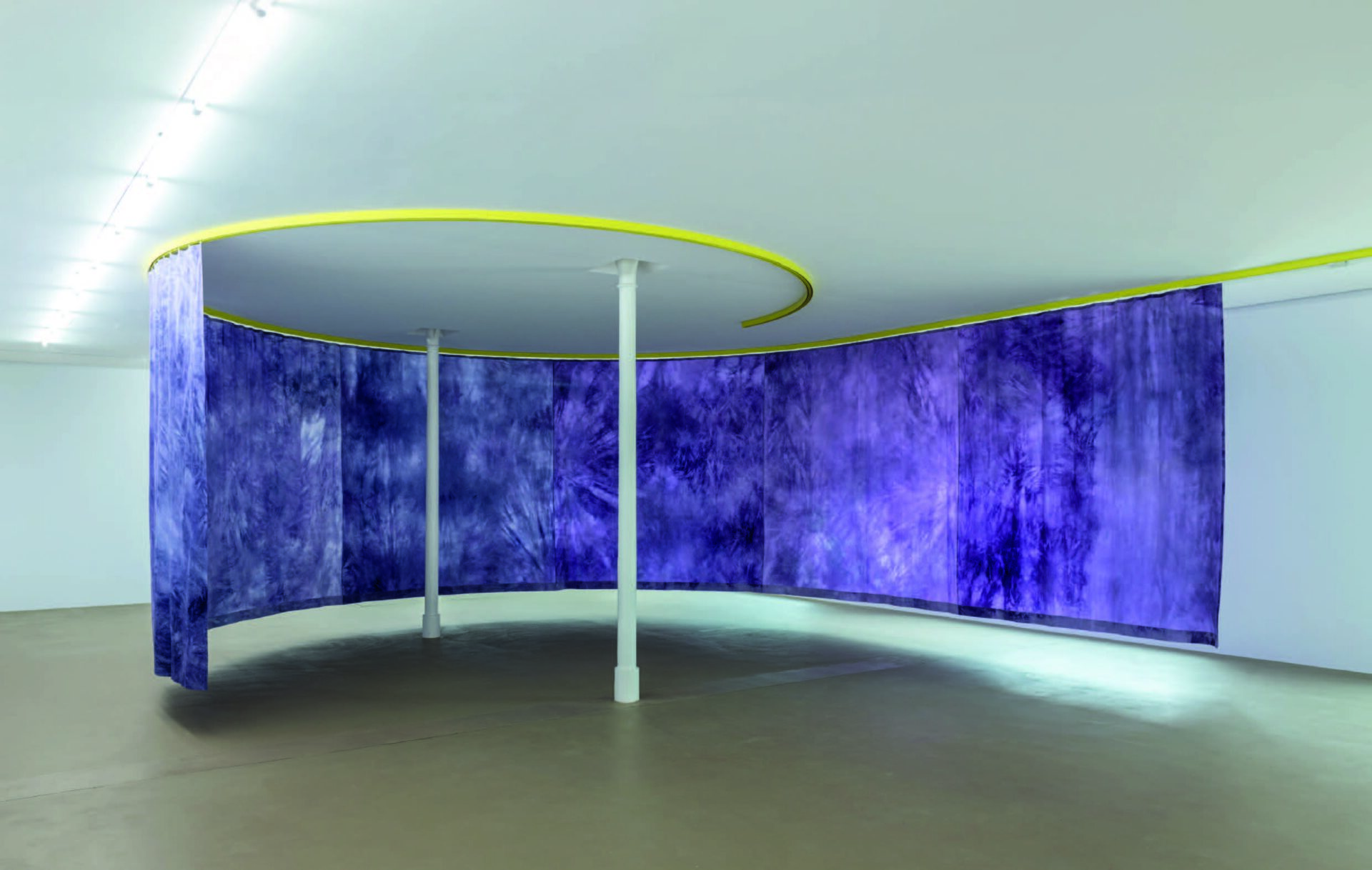
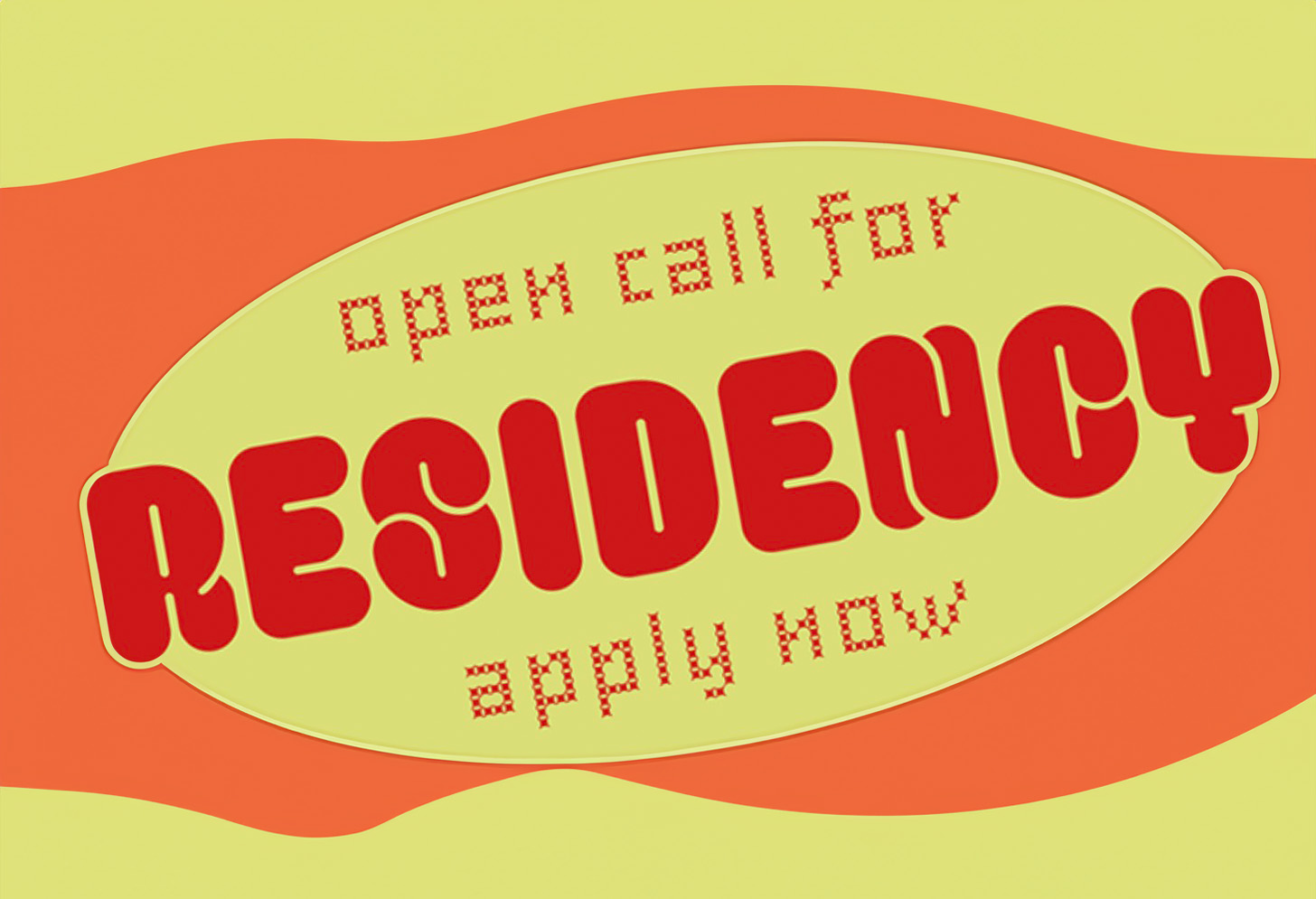
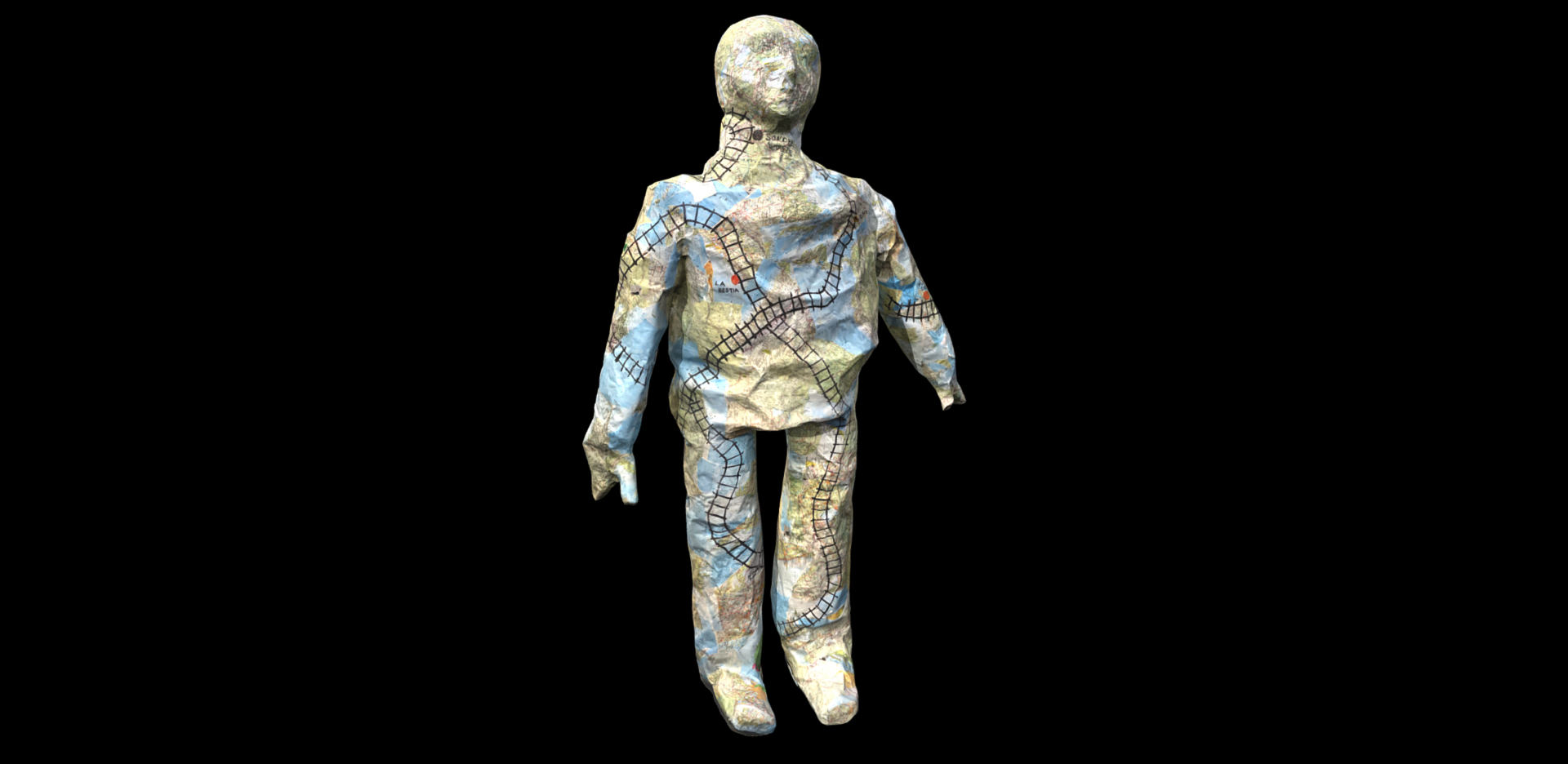
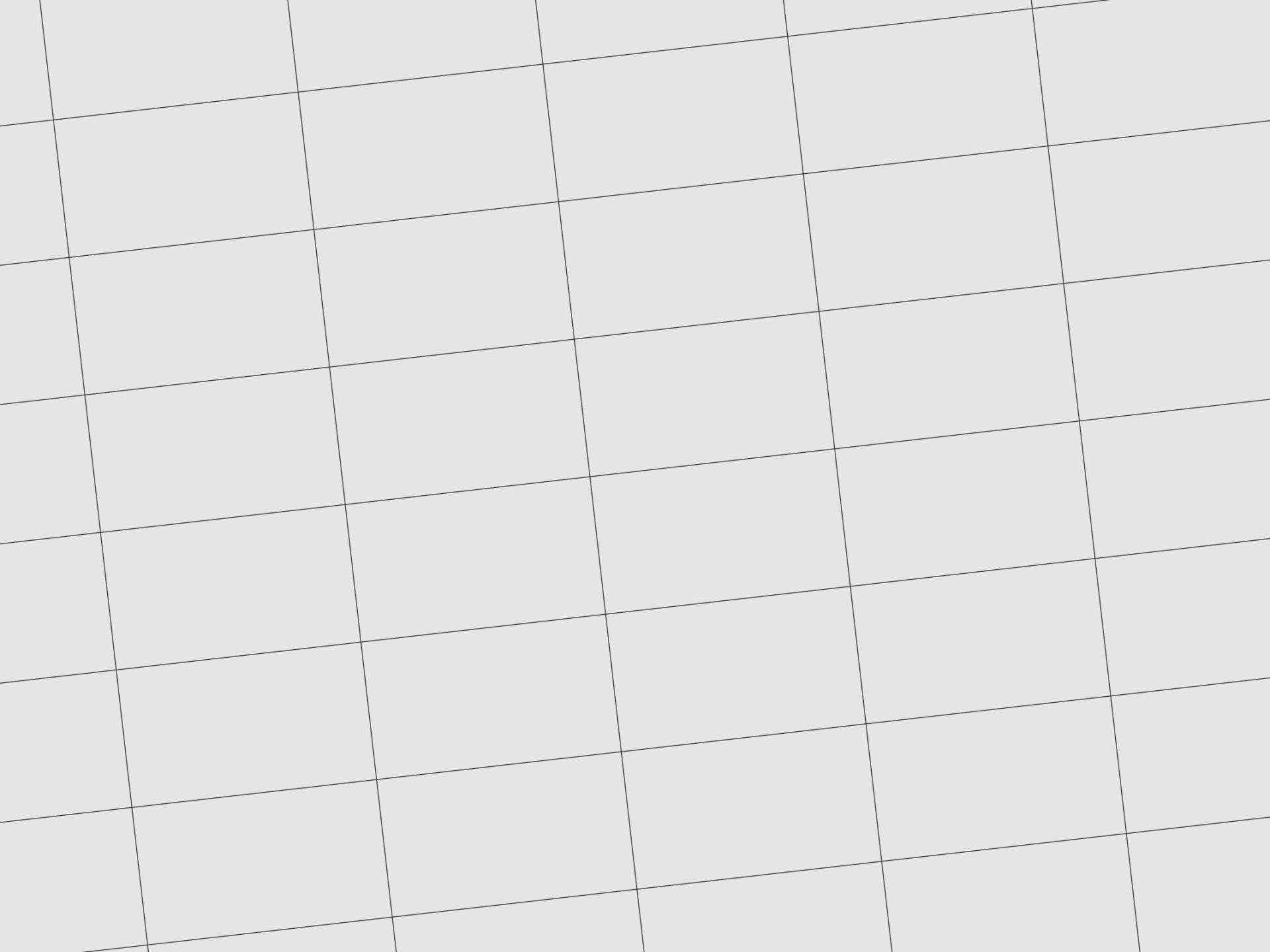
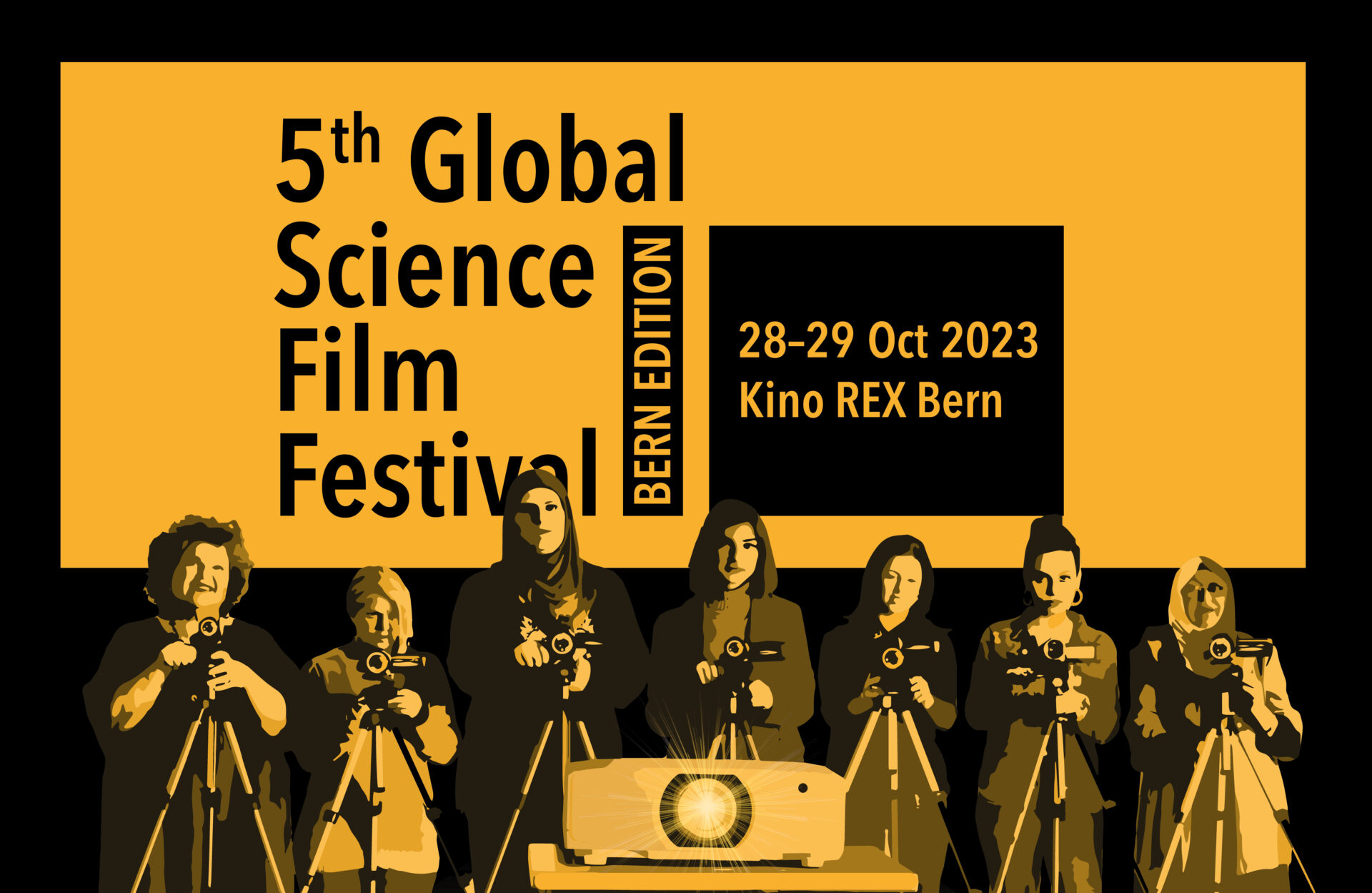
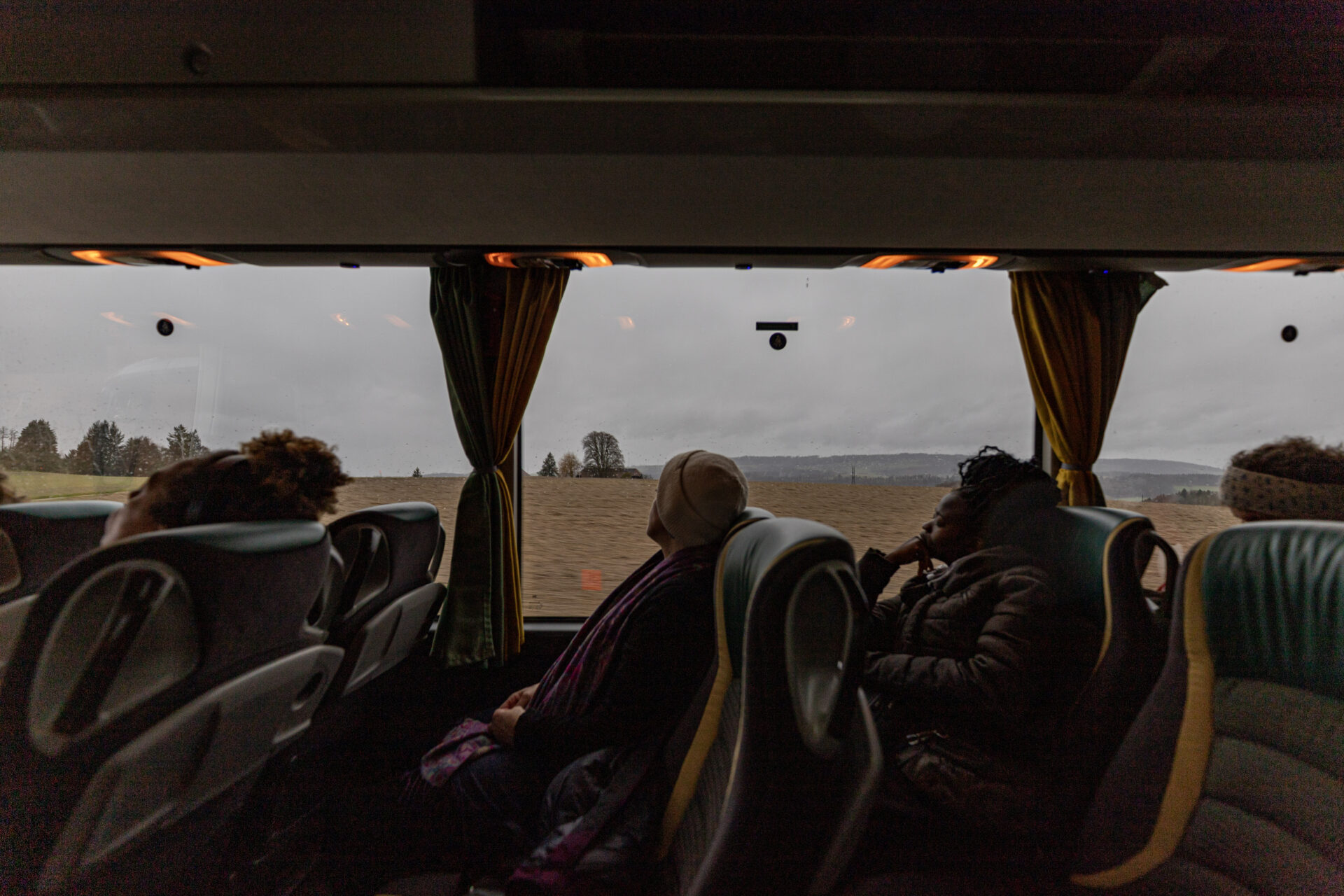
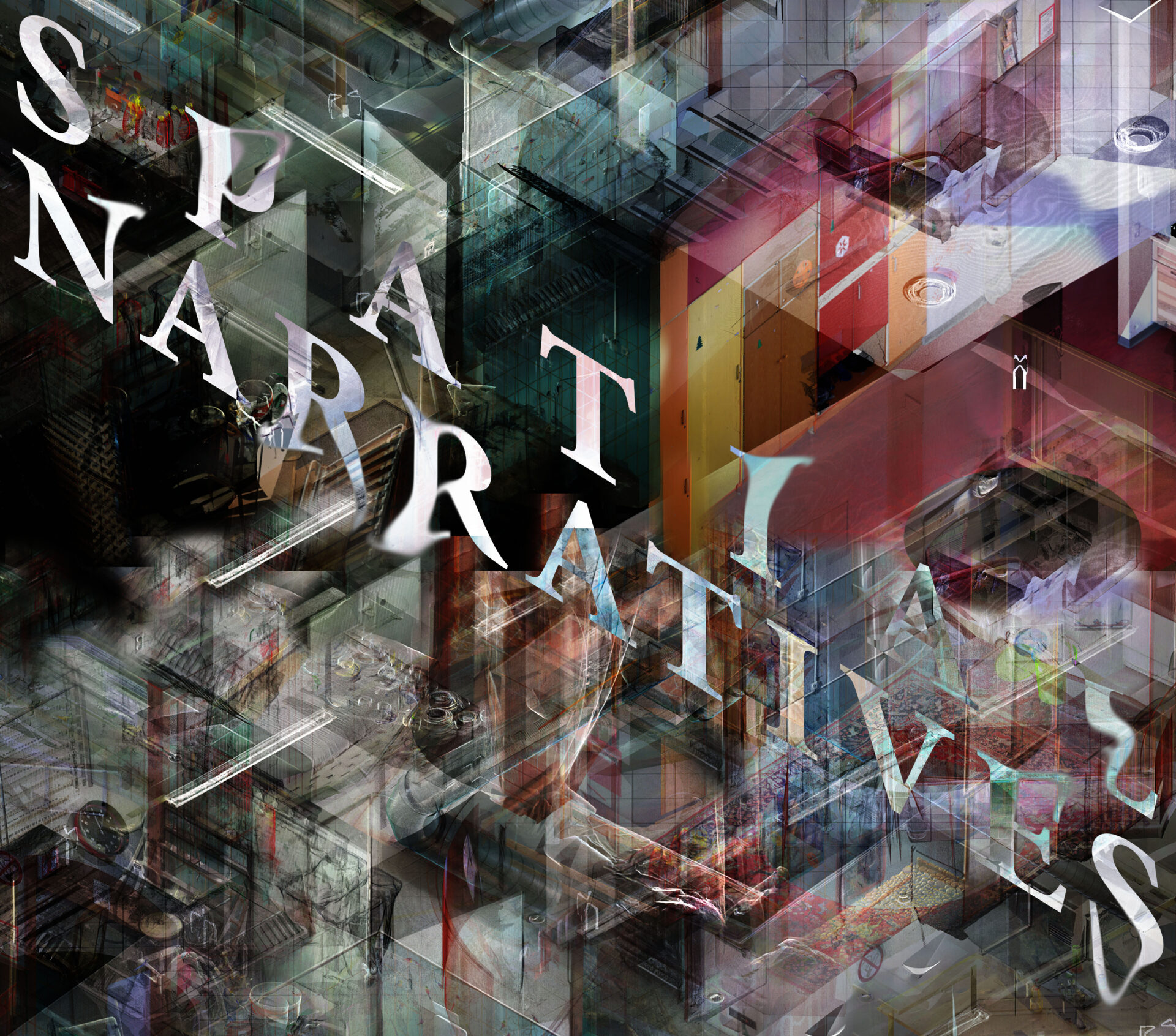
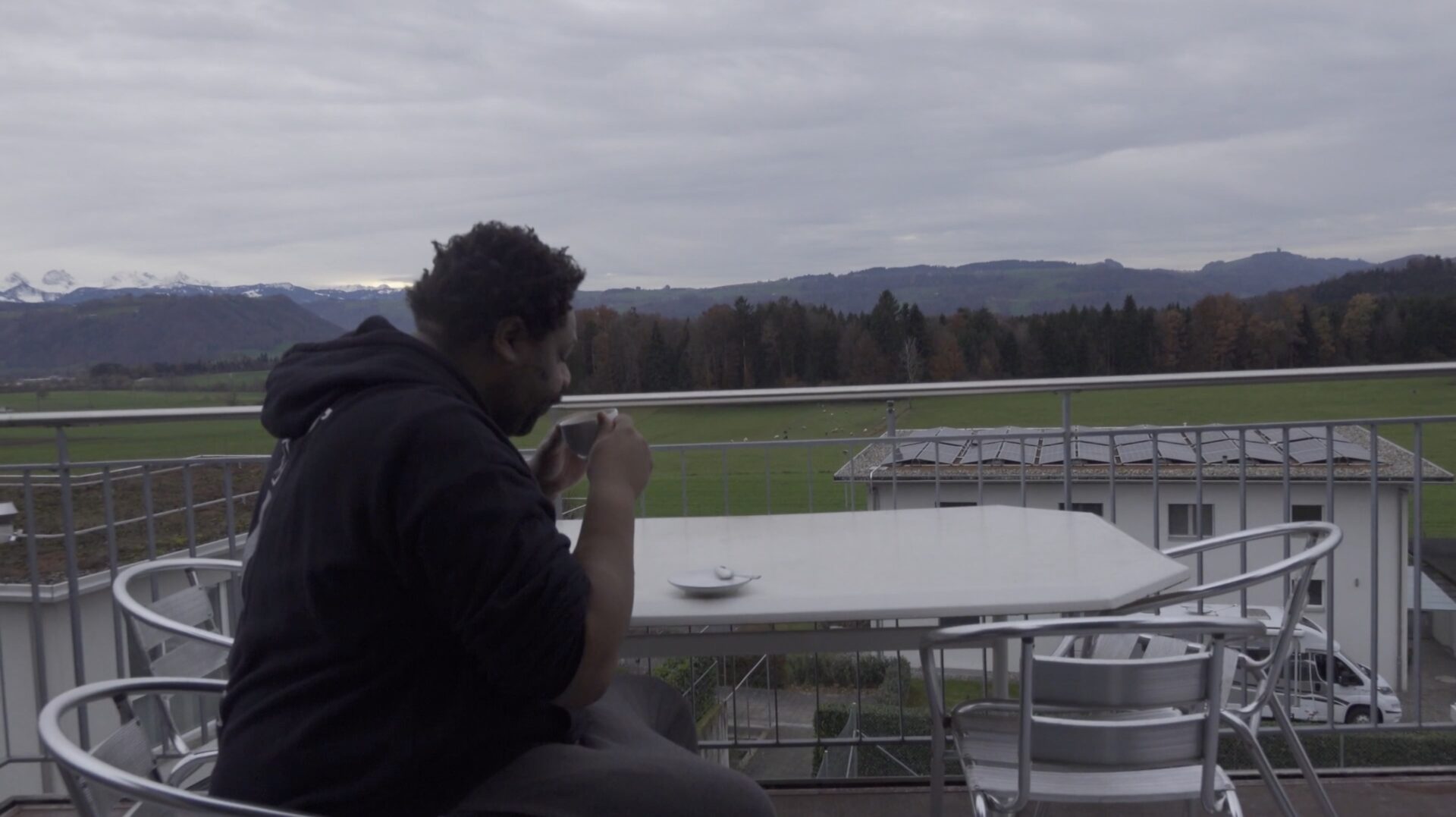
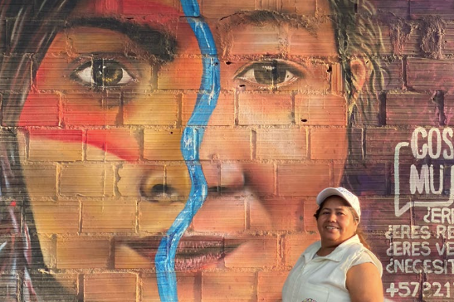
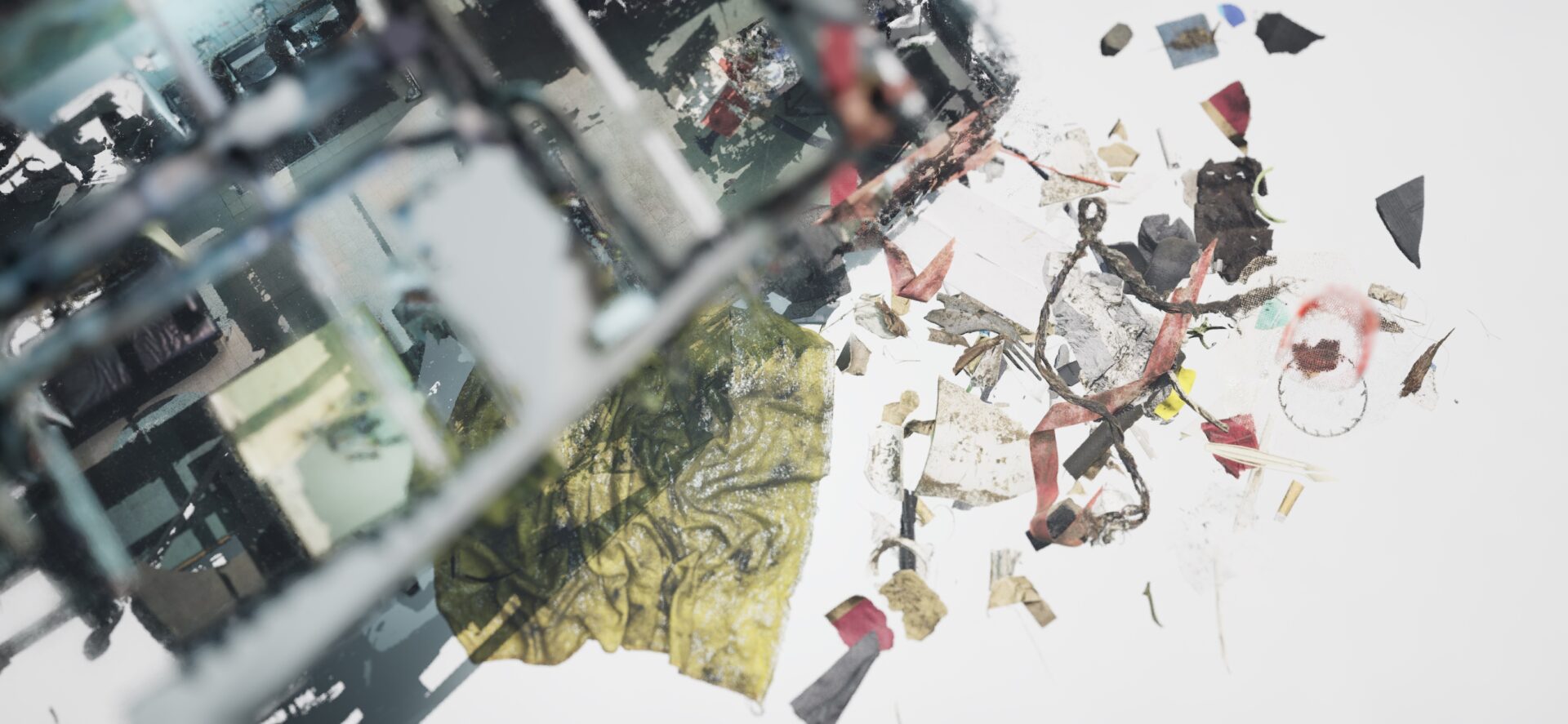

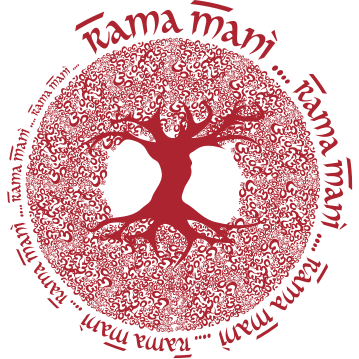
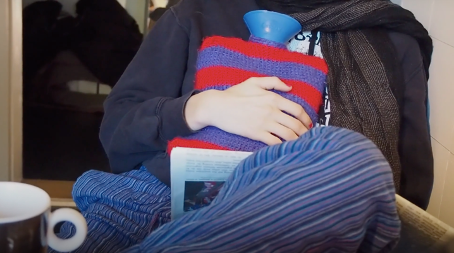


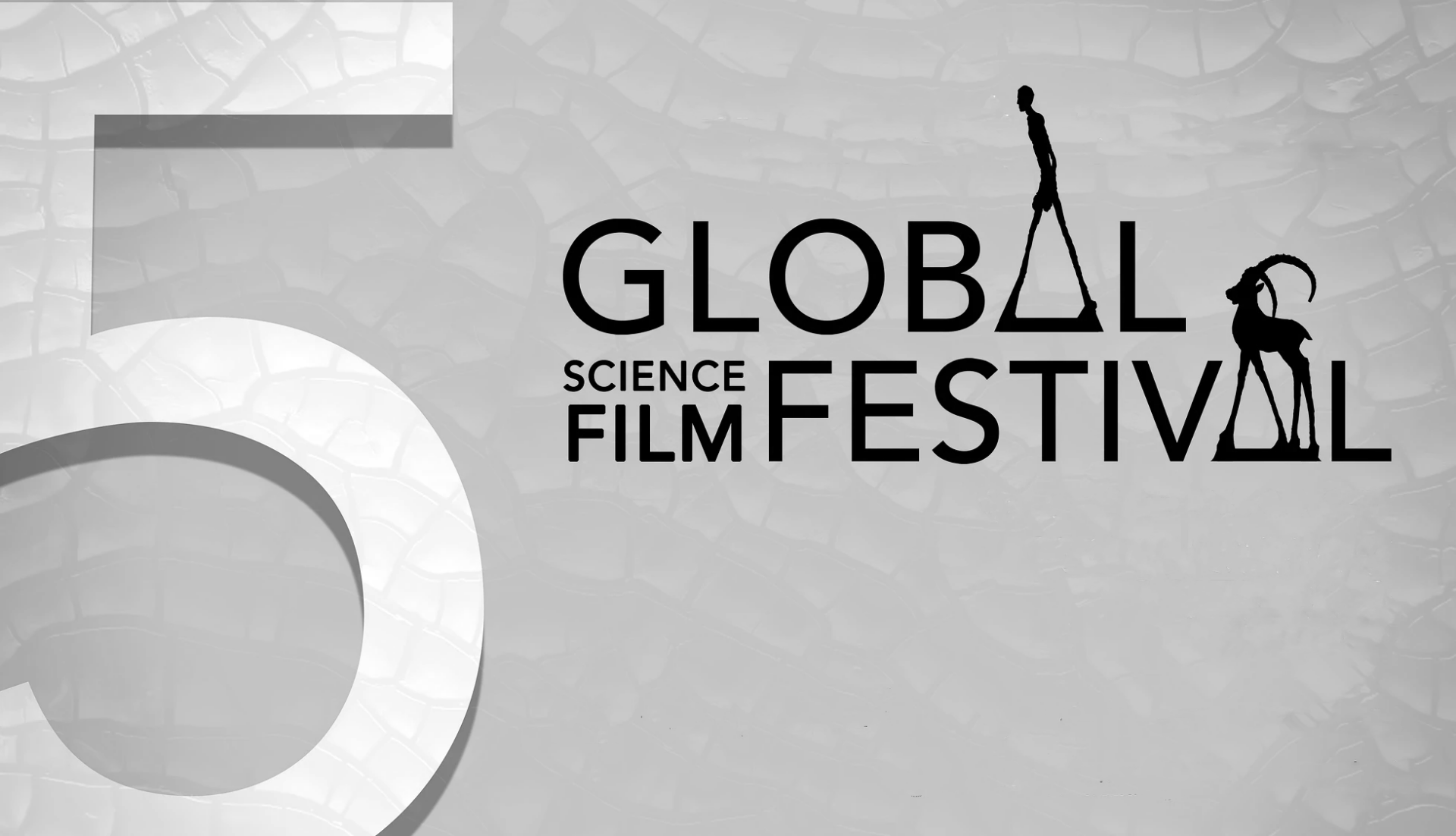

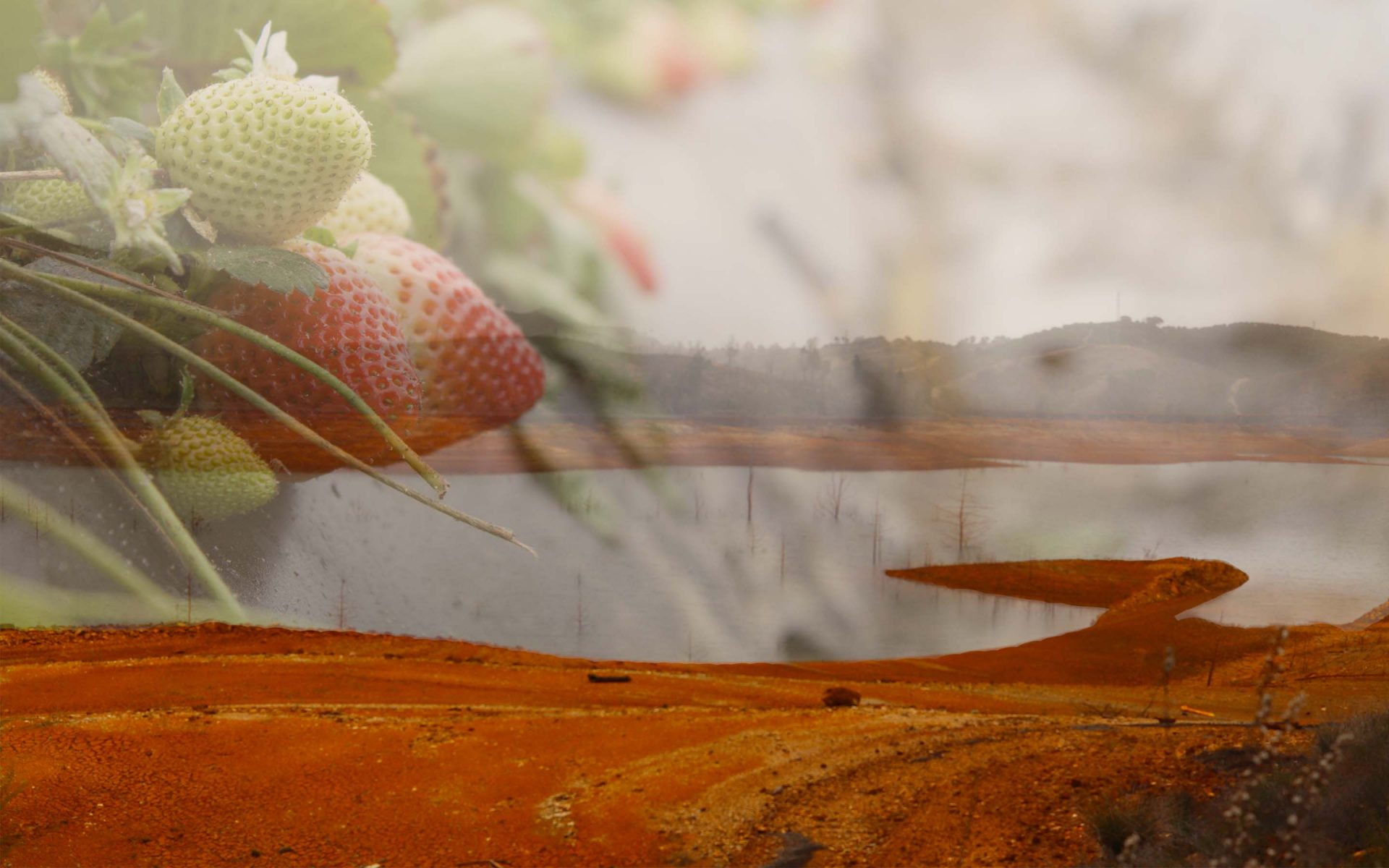
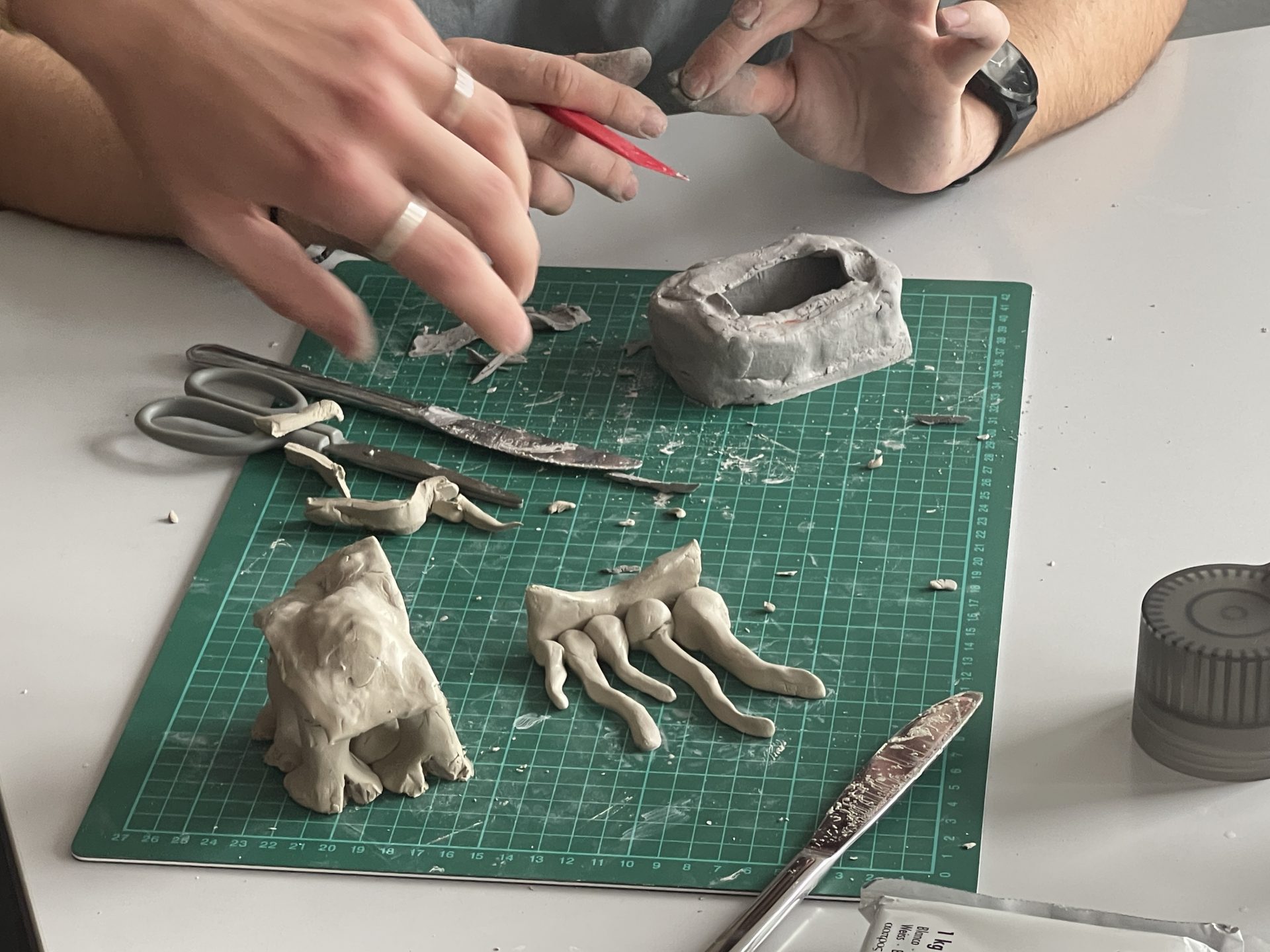
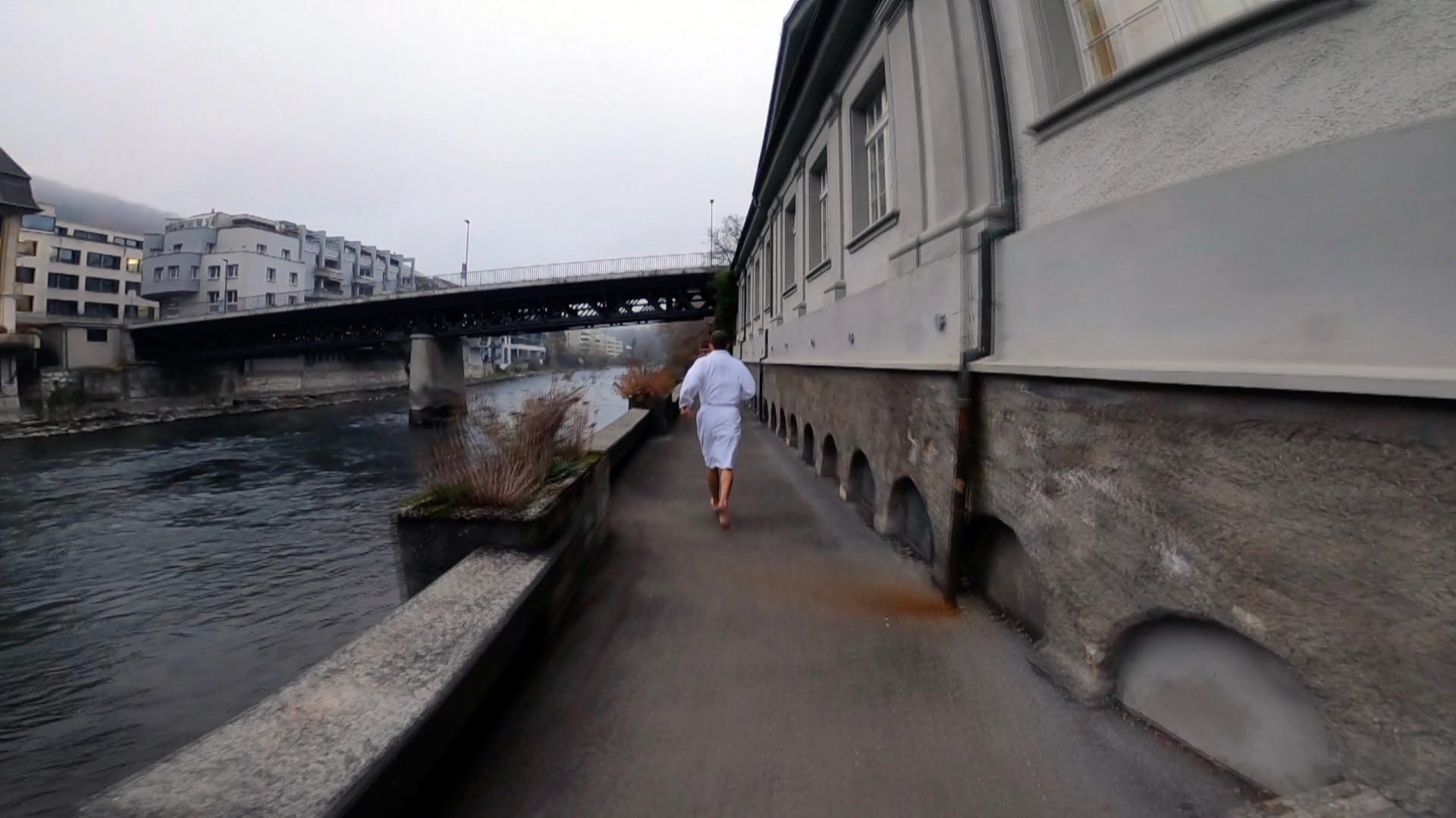
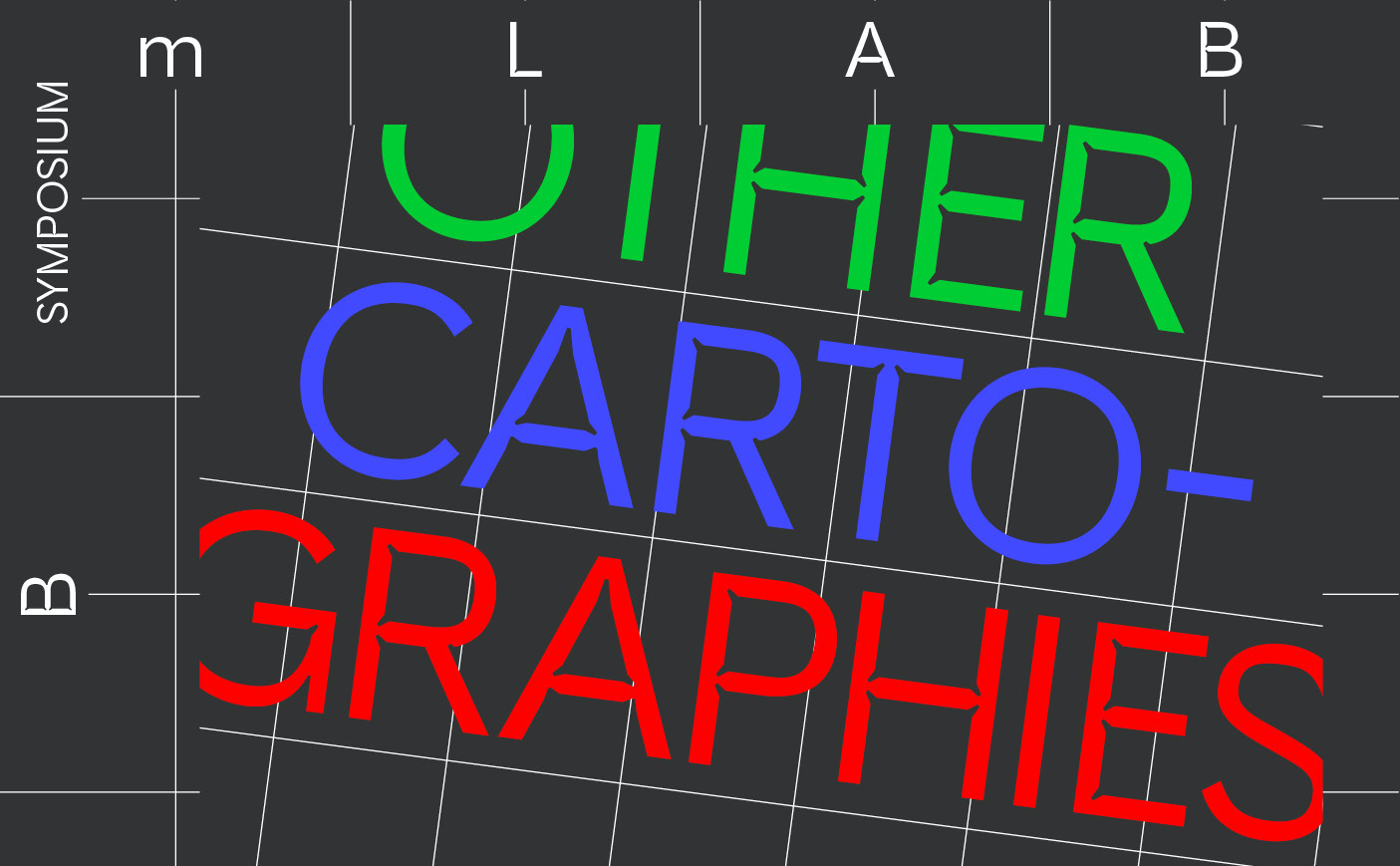

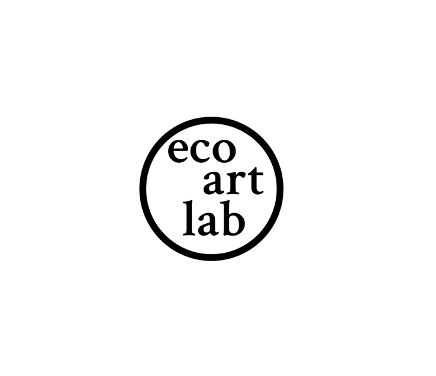

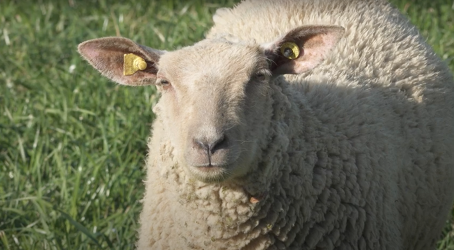

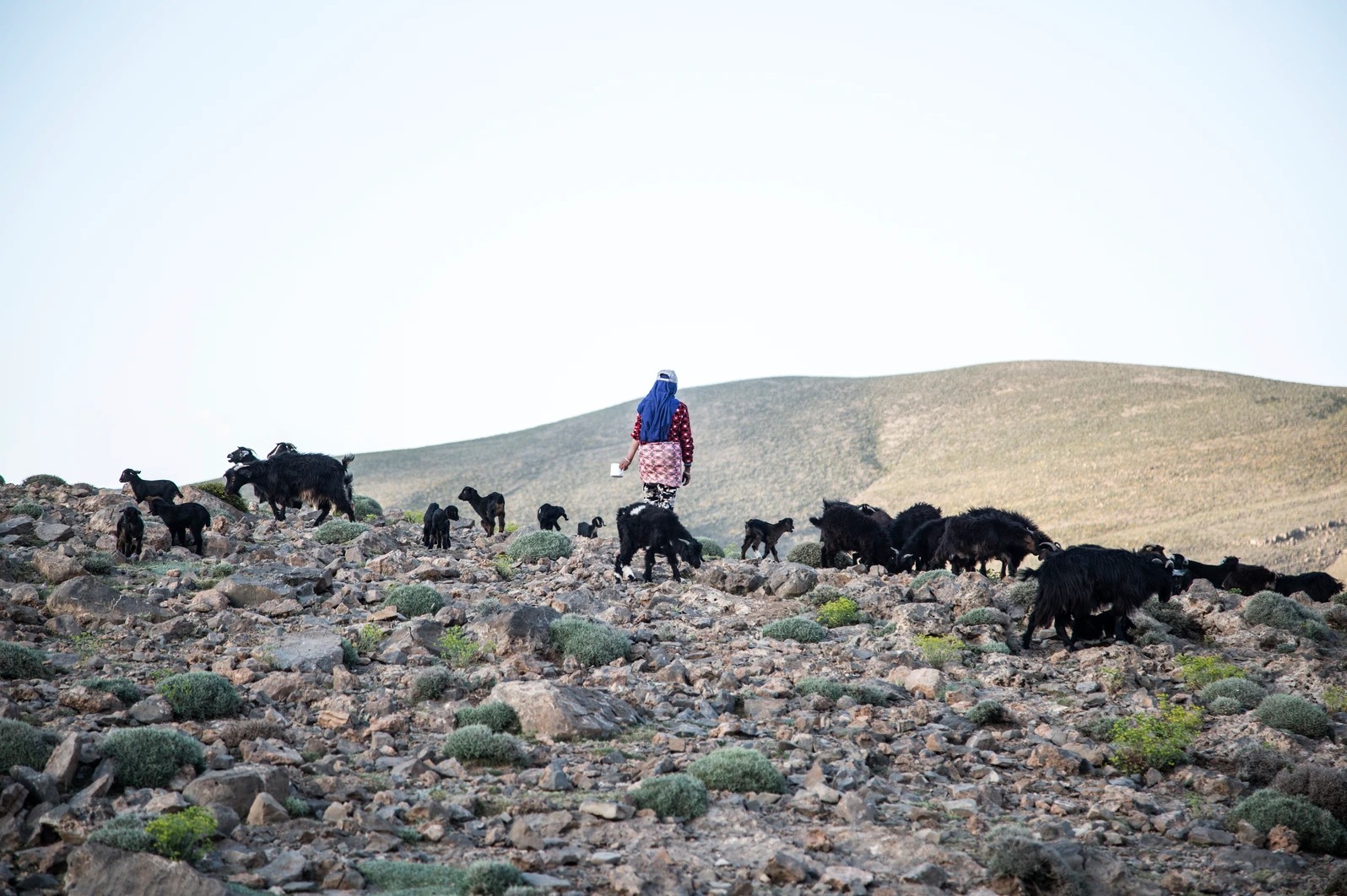

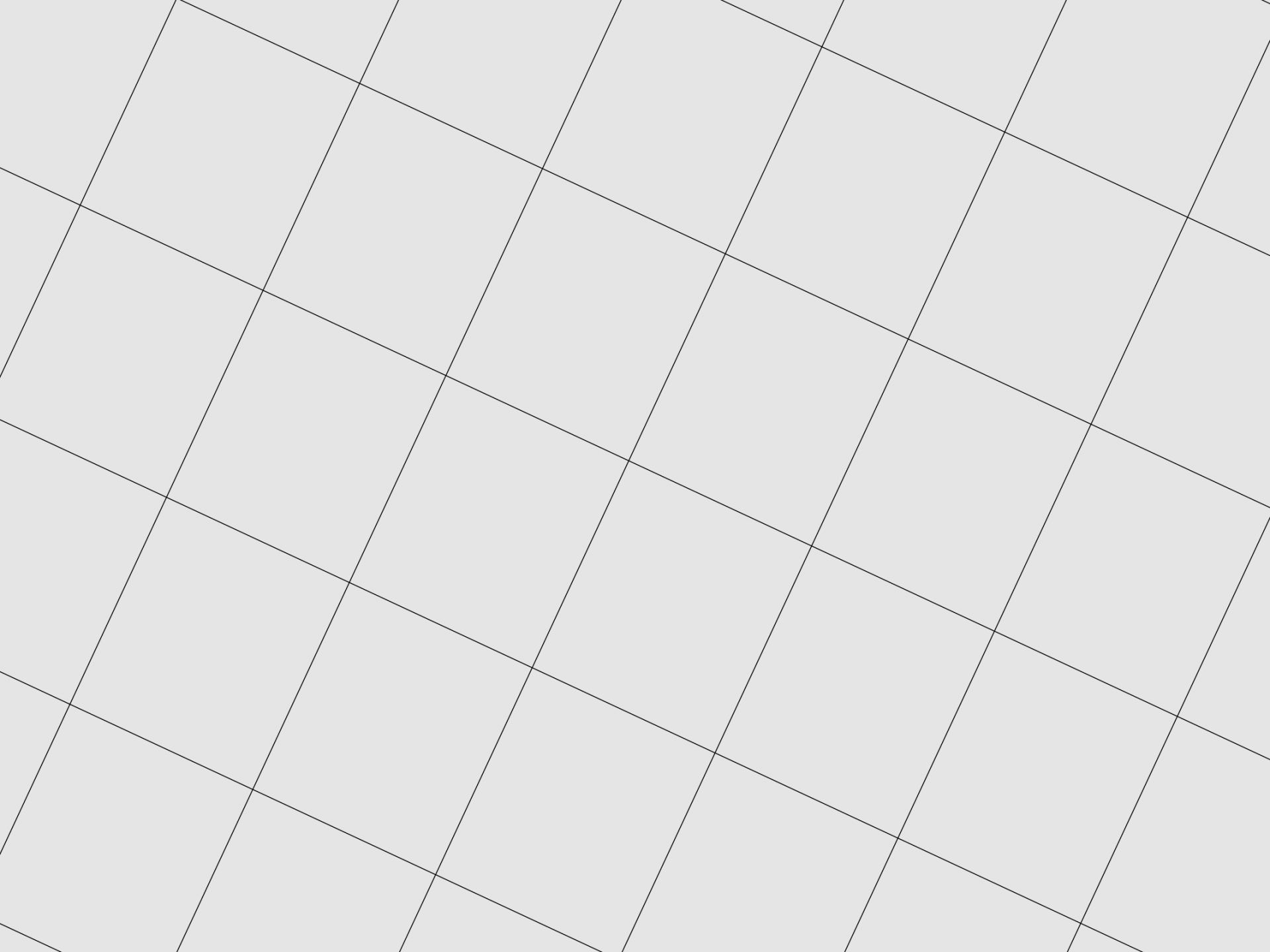
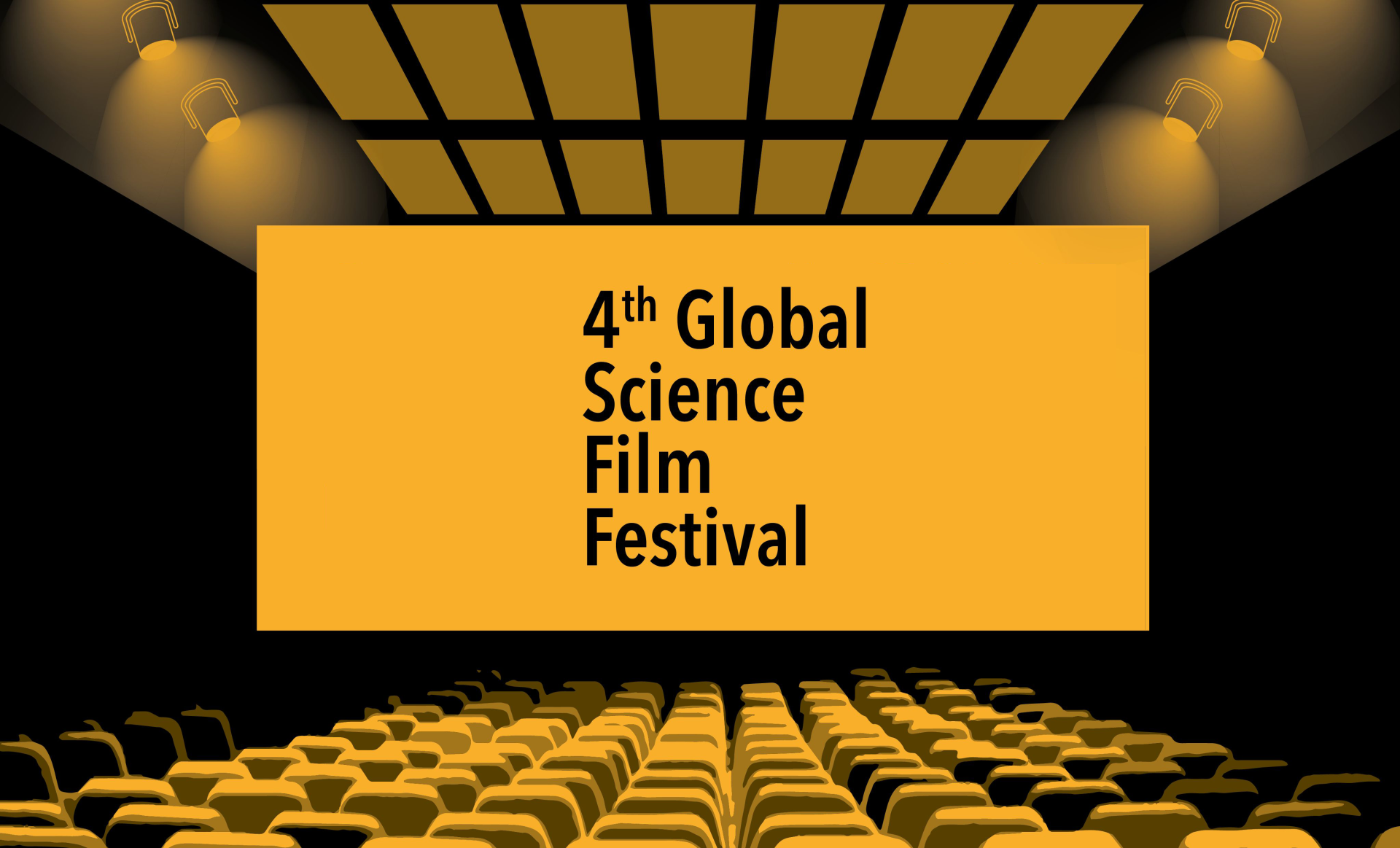
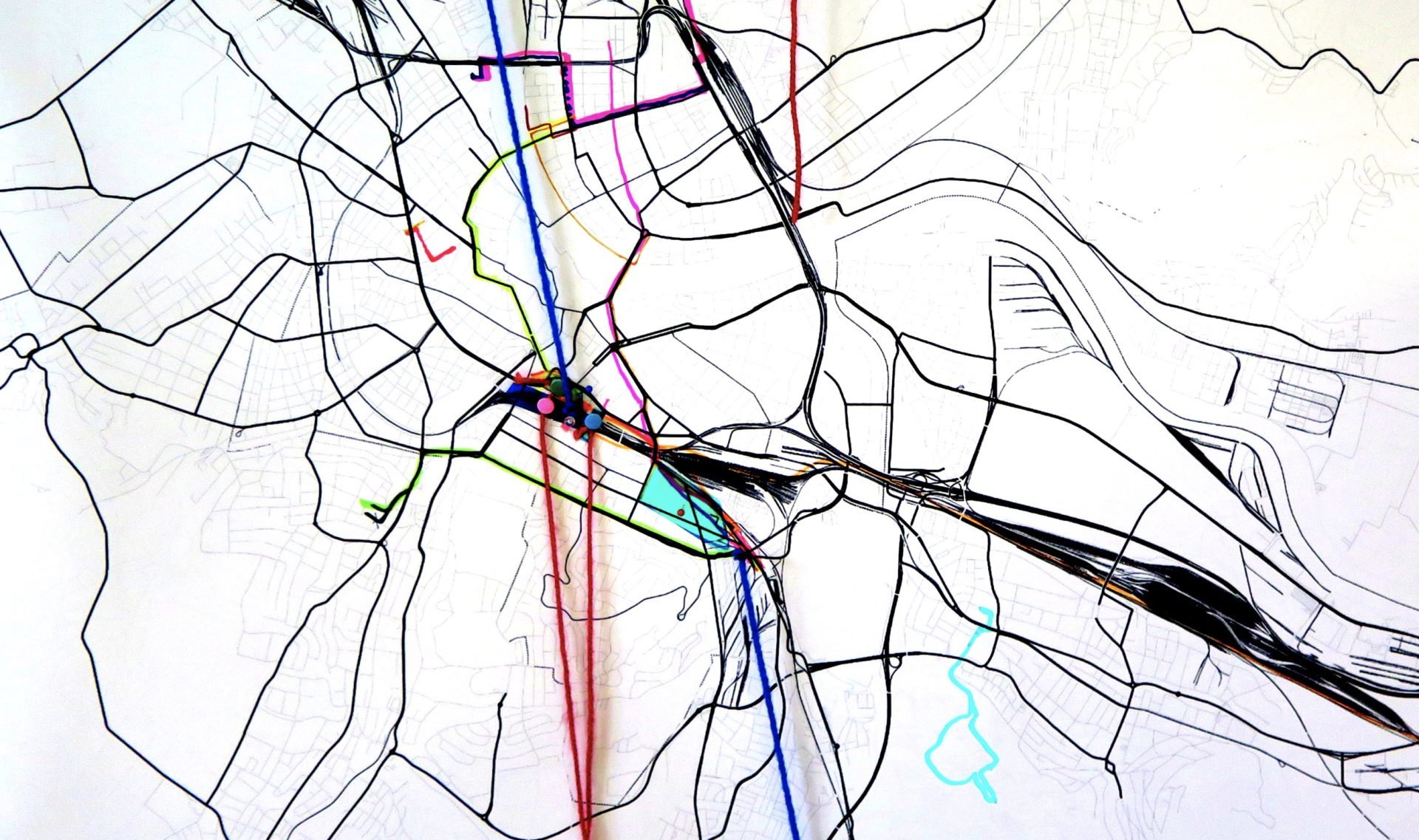

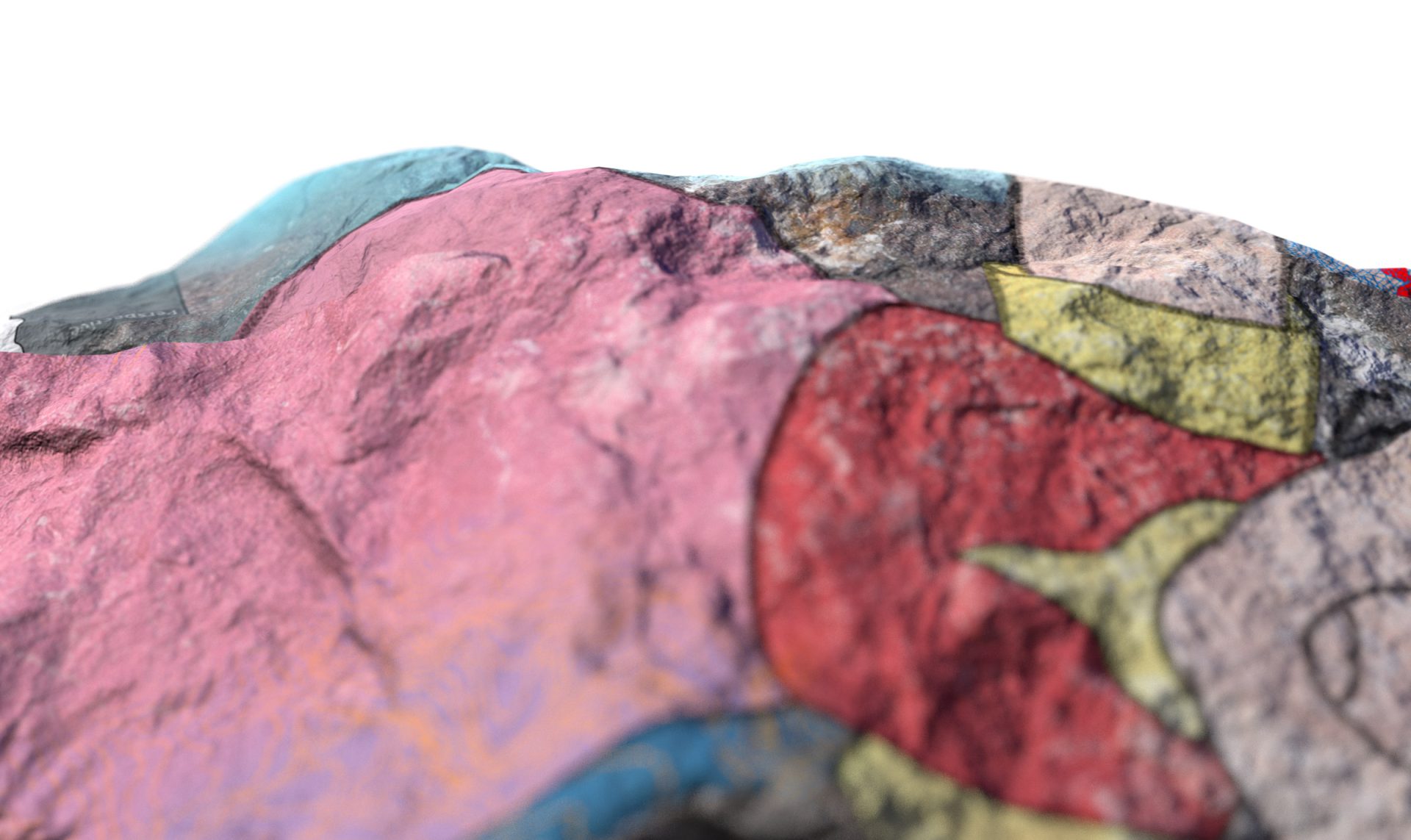

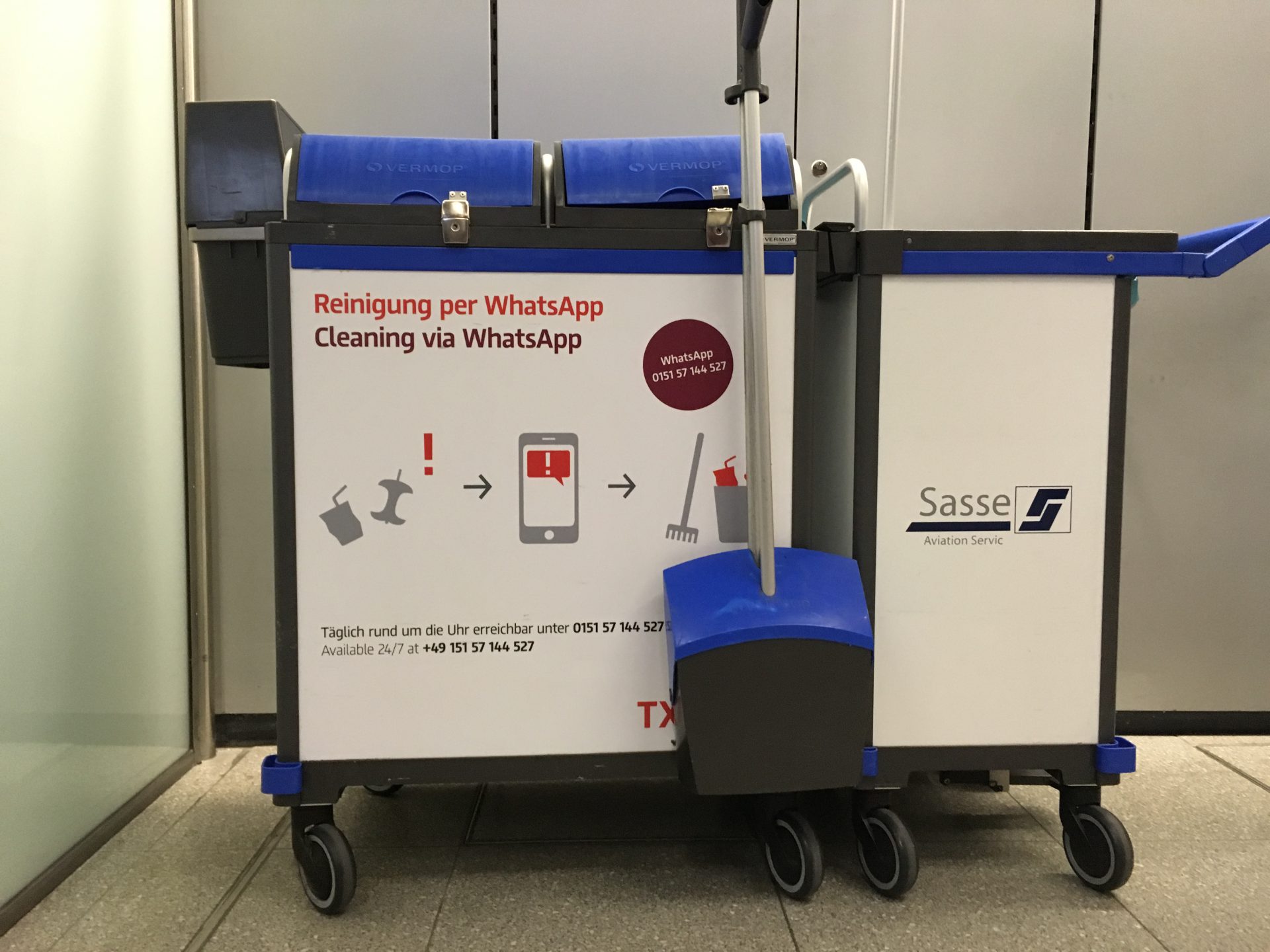
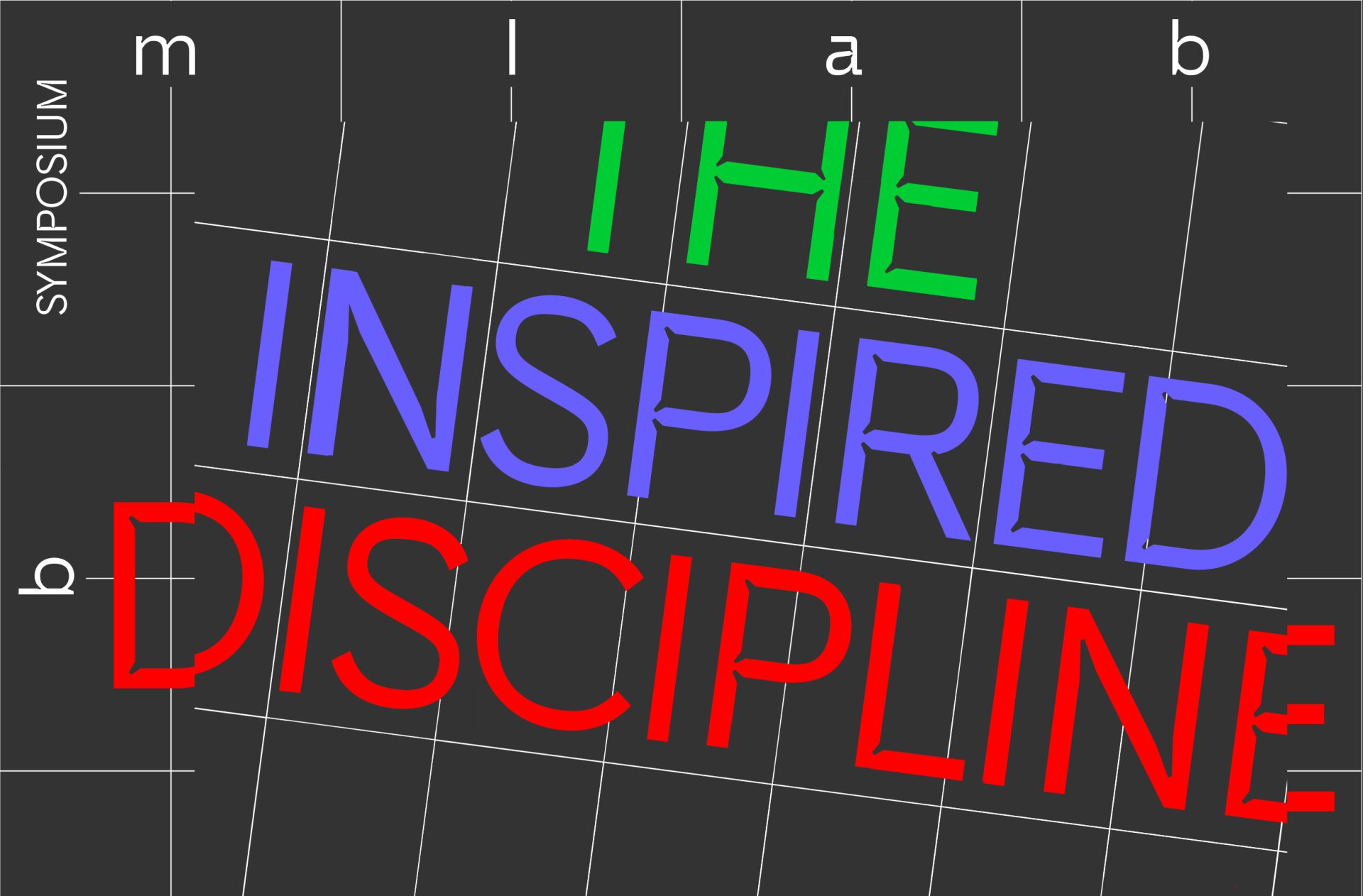
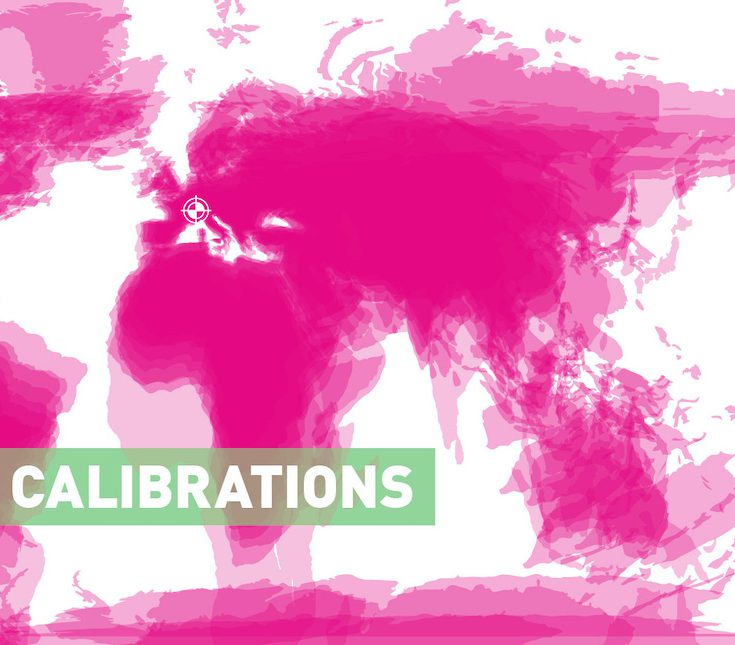
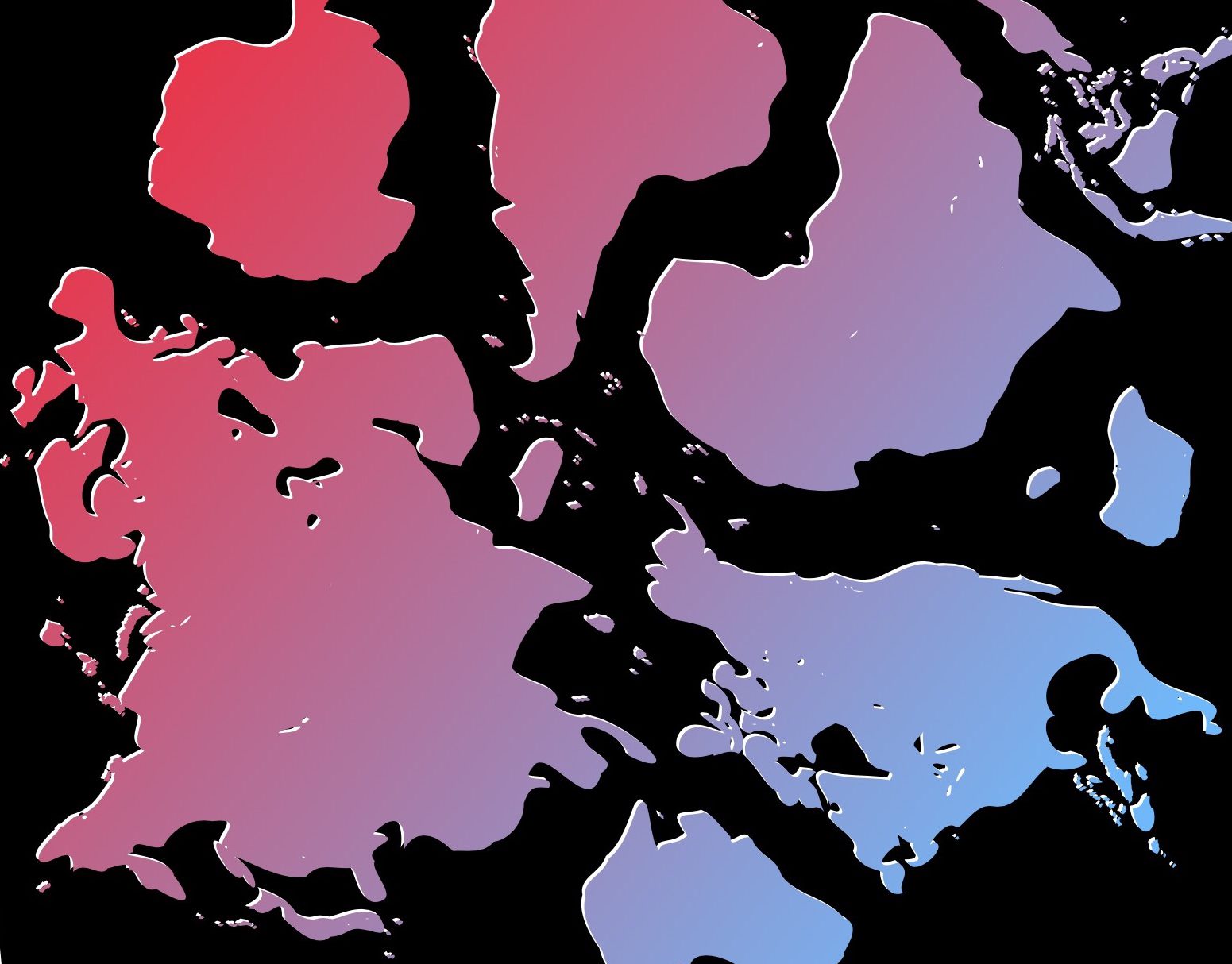
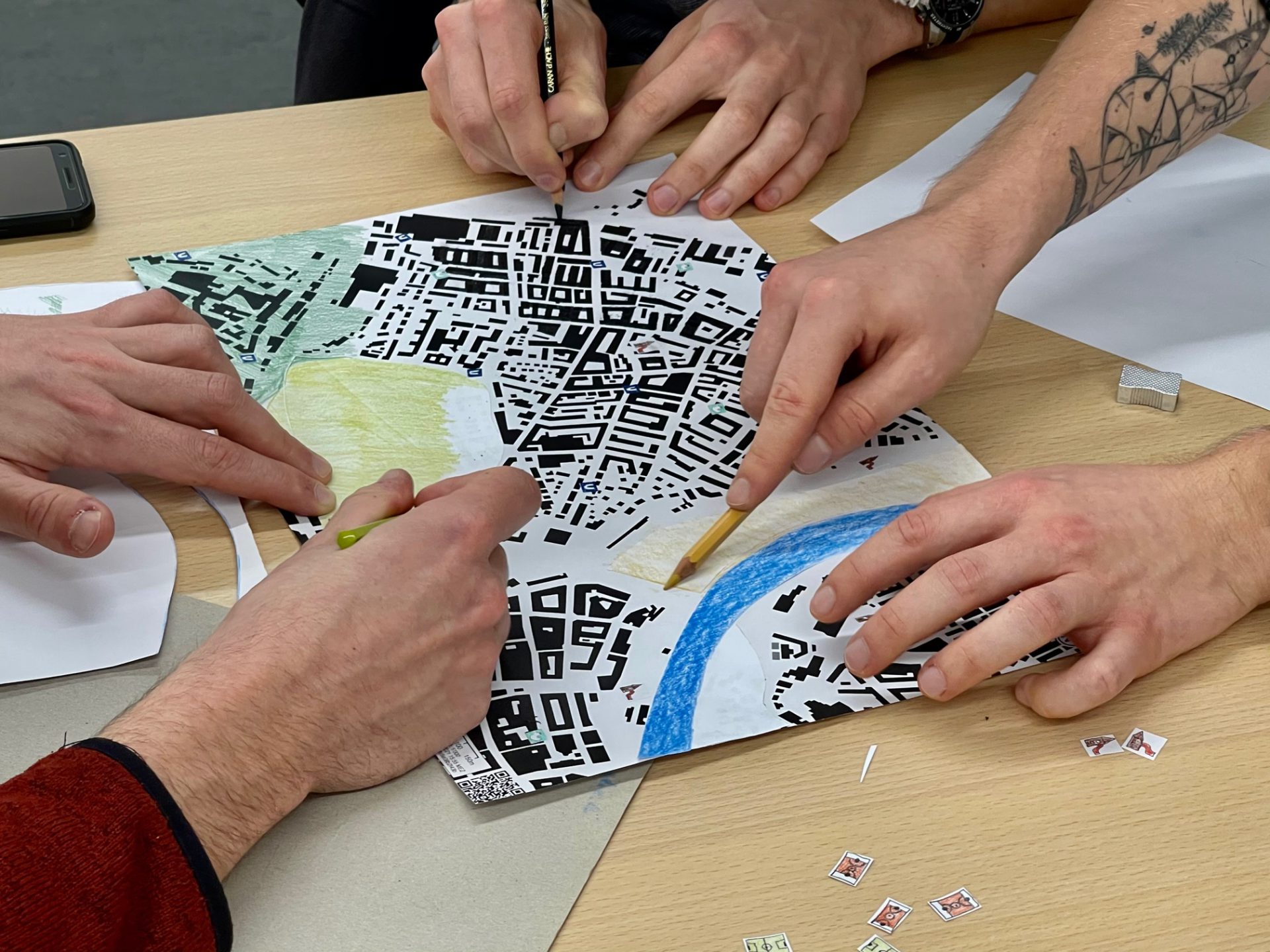

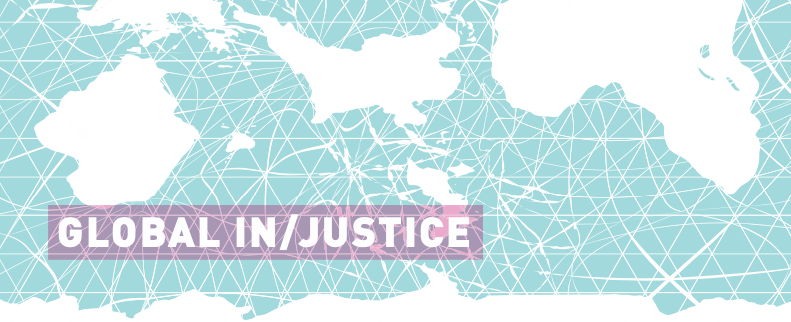
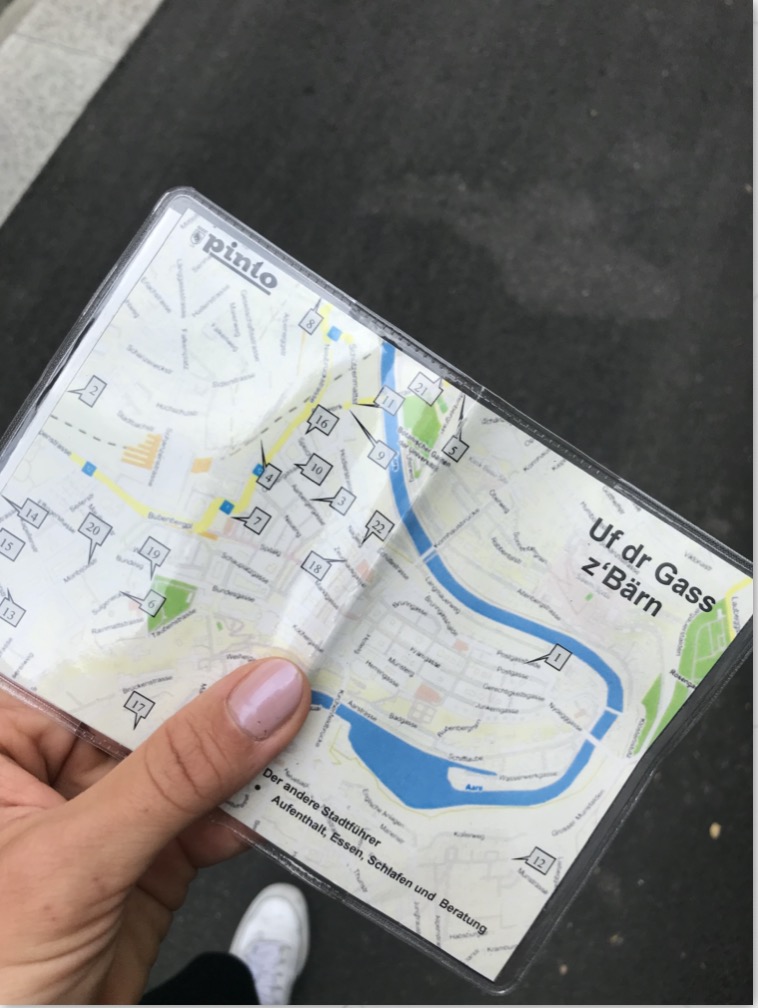
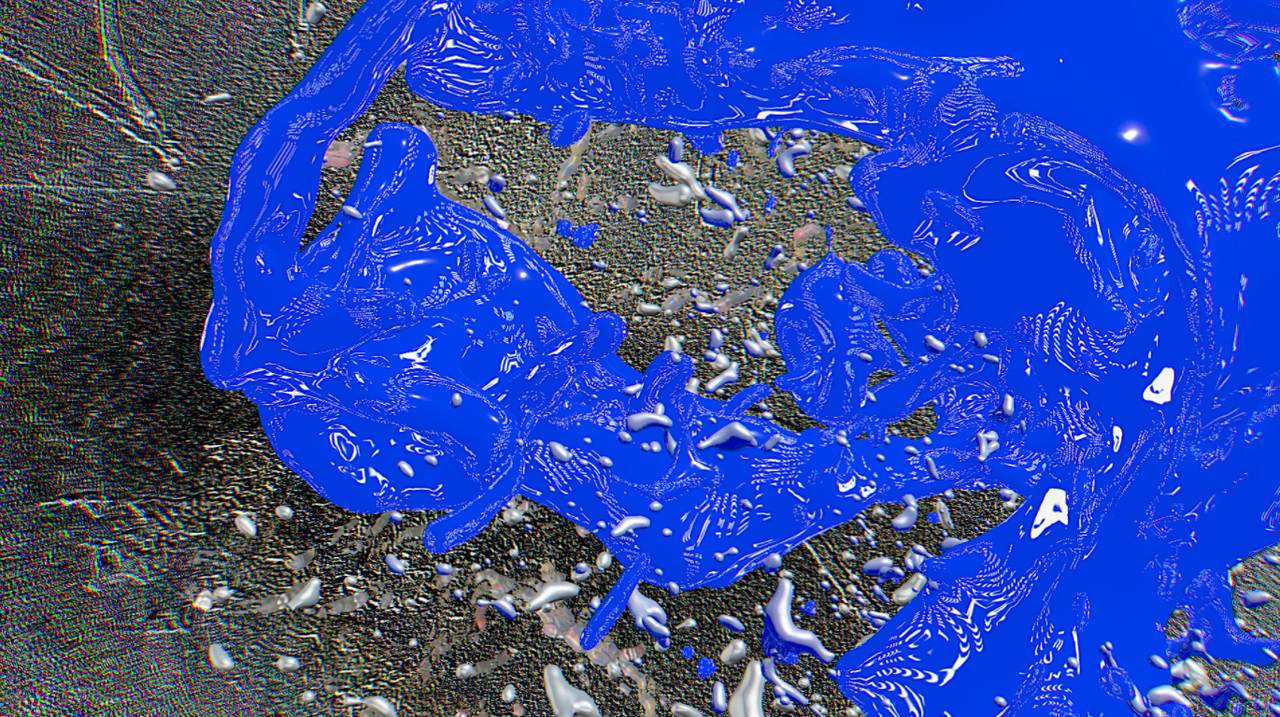



The seminar focused on contemporary relationships between human and non-human, between nature and culture, between people and technologies. Students had the task to explain these relationships to a target group of their choice through an appropriate communication concept.
Based on core concepts of more-than-human geographies such as cyborg (D. Haraway), affect (S. Ahmed) and transcorporeality (S. Alaimo), seminar participants developed content formats (digital exhibition, radio play, self-test, Instagram container) that take seriously the various entanglements and the interplay of human and non-human matter.
After an introduction to central areas and knowledge traditions of more-than-human geographies (i.e., multi-species geographies, animal geographies, feminist geographies of technosciences and posthuman geographies), the seminar participants visited an exhibition on contemporary and historical feminist art positions, in which they engaged with the elaborate and exclusive codes of the art world. The partly frustrating observations and experiences of the participants were transferred to the circles of science and motivated in the further course of the seminar to experiment with experience-based and easily accessible knowledge transfer.
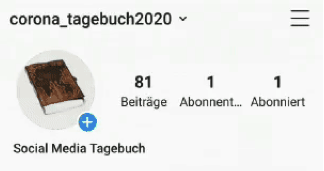



What for and who?
We have created the five-day class diary @corona_tagebuch2020 on Instagram via a private account in order to convey the concept of affect to 15 and 16-year-old students in the situation of distance learning at the beginning of the global Covid-19 pandemic. As a school teacher, Azad Kaya was already in touch with the participating students from a secondary school in the canton of Bern.
In addition to conveying the concept of affect it was our goal to offer the students the opportunity to express themselves and their thoughts and feelings during the Covid-19 pandemic in April 2020. The private Instagram class diary provided a space for students‘ voices in this special and possibly difficult situation of distance learning and isolation. Despite the lack of social contact, students can be heard by classmates and at the same time compare and reflect on their personal situations.
How?
We have integrated all diary entries from the students and from Juan García (image, sound and written material) into the private Instagram account @corona_tagebuch2020 that we created. We have chosen a uniform design, but have not changed the content of the contributions. At the beginning of the diary, Azad Kaya explains in a first post in a short video message what can be understood as affect and what the students can take away from the diary for the future. The following posts offer the students the opportunity to click around in the diary and read or listen to the contributions of their classmates and Juan García. The last post is a review video spoken by Azad Kaya, which aims to connect the concept of affect with students experiences.
In the video capture you can see the design and structure of the diary on the left and an anonymous example of a contribution by a student on the right.
For data protection reasons, we are unable not publish detailed content or share access to the Instagram account. The class has agreed to participate in this project but does not want the data to be available to the public.
(4) The gender ratio in the class is balanced, but the level of education.
“At the beginning of the diary, Azad Kaya explains in a first post in a short video message what can be understood as affect and what the students can take away from the diary for the future. The following posts offer the students the opportunity to click around in the diary and read or listen to the contributions of their classmates.” (4)
After we created the diary, the students received access to the diary via a parallel Instagram account we set up for this purpose. The students can see the account, read the posts, leave comments, but cannot delete content.
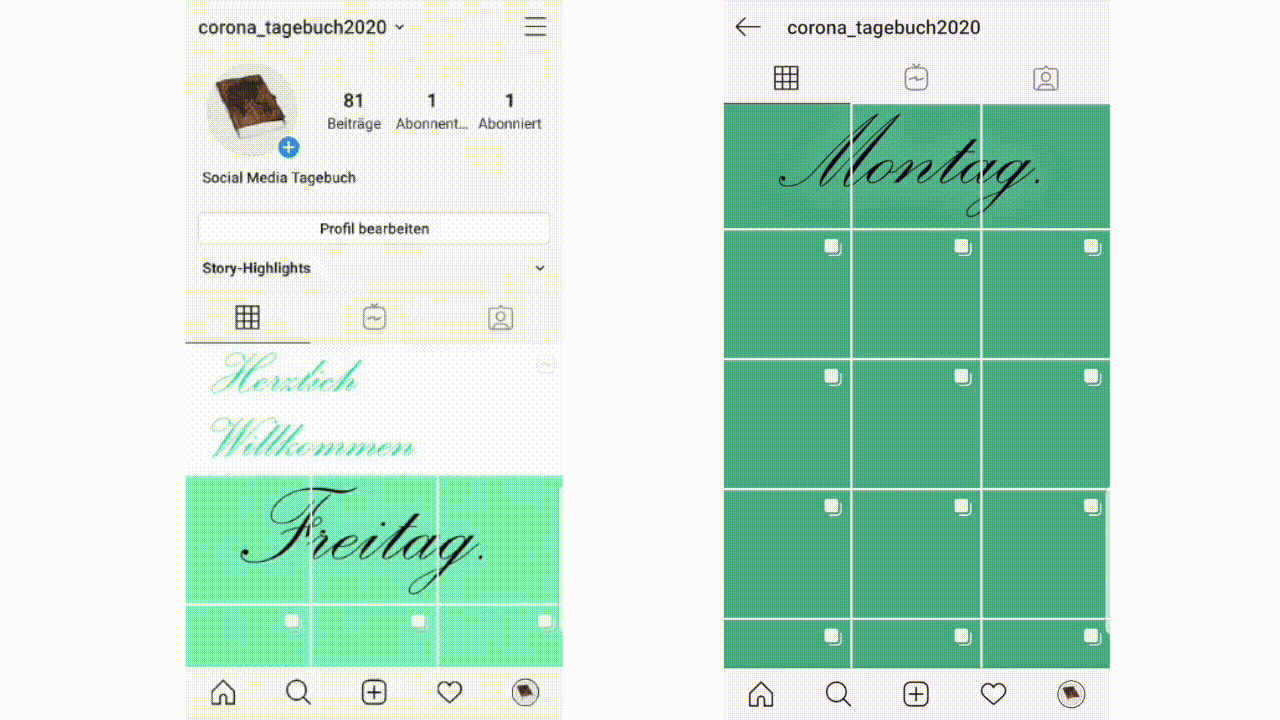
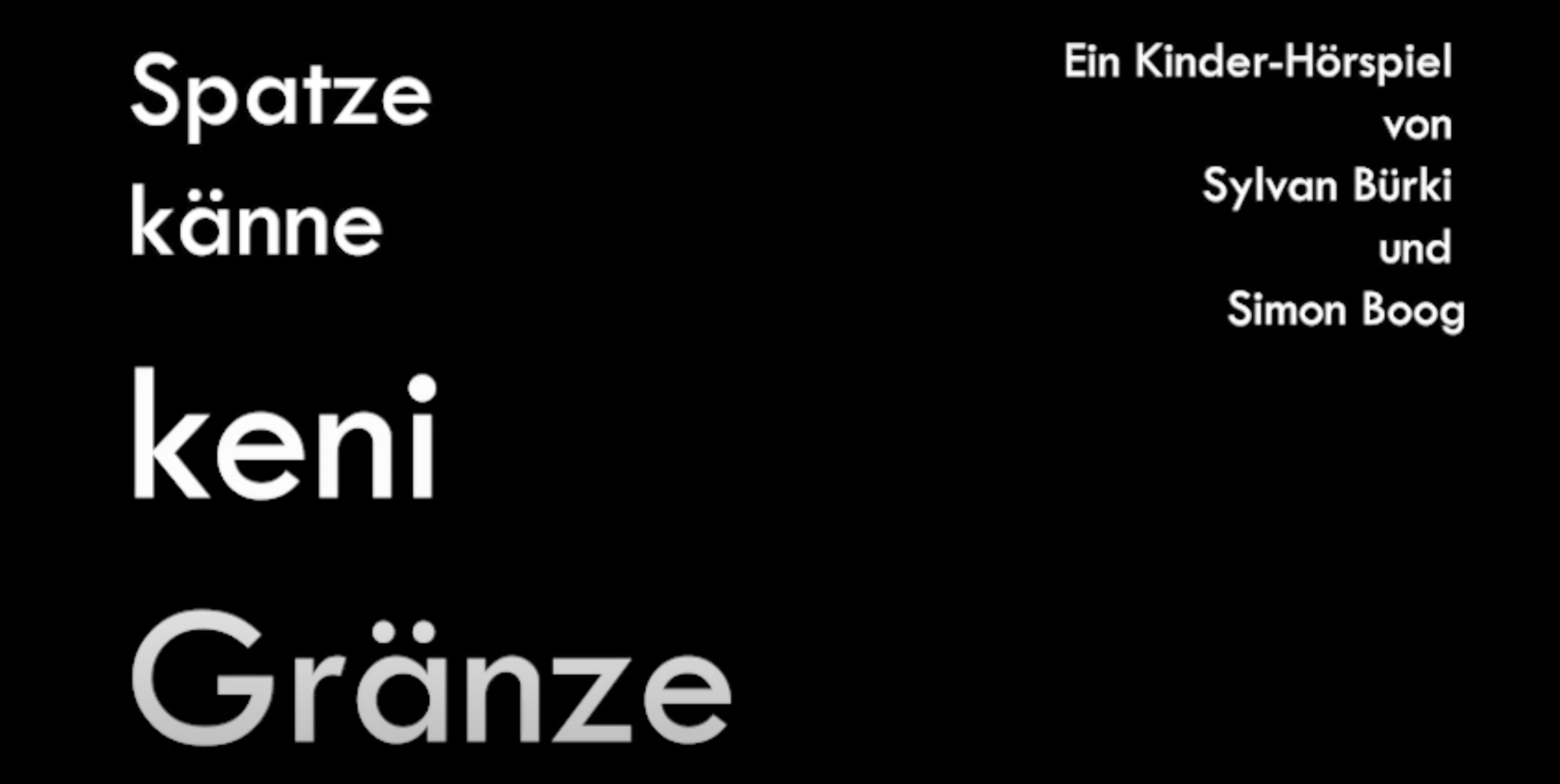
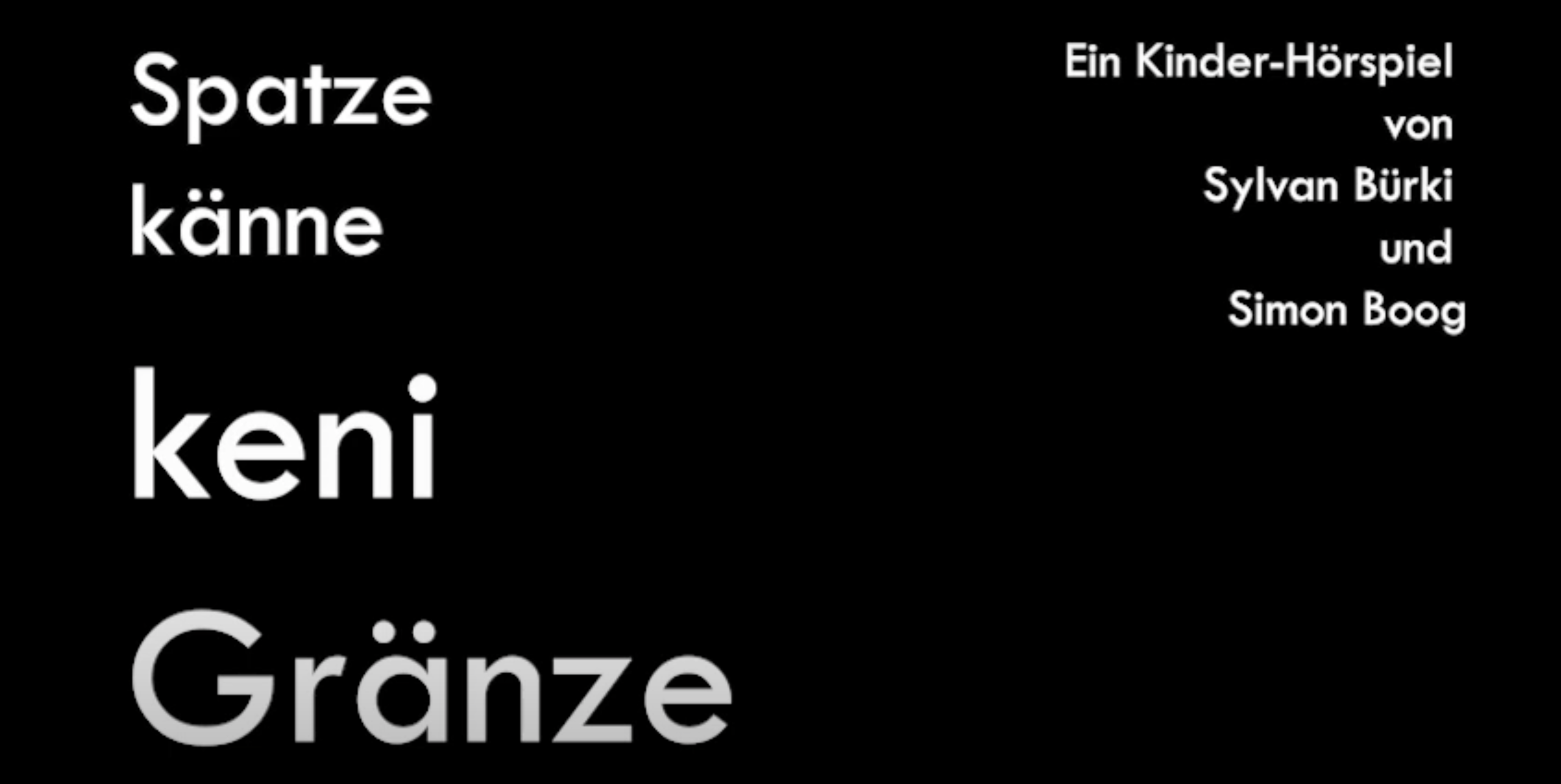


We wrote an audio play with the aim of conveying the concept of affect to children. The audio play “Spatzevogel” was developed for children from approx. 5 years on but is also suitable for adults. With the story, we want to convey to children that geography is more than just memorizing the world map.
The whole audio play is here to find in Swiss German. Please find a translation of the first few minutes describing the context of the story below:
lived in the meadows next to the river, where the sparrow wanted to take a sip of water. These athletes were always on the move, they ran against each other, they played games with a ball in the meadow, they swam in the river and wanted to hop, do gymnastics and fidget all day long – their main thing was to keep moving.
Once the sparrow almost flew into a paper plane that came out of one of the colorful houses in the village where the Farblis lived. And what did the Farblis do? They loved to do handicrafts, to draw, to paint and everyone ran around with paper, pens, brushes, all sorts of colors and handicrafts – always ready to do something with their hands……
After production, we shared the audio play with a couple of children and asked them to share their thoughts and affective knowledge of the play:
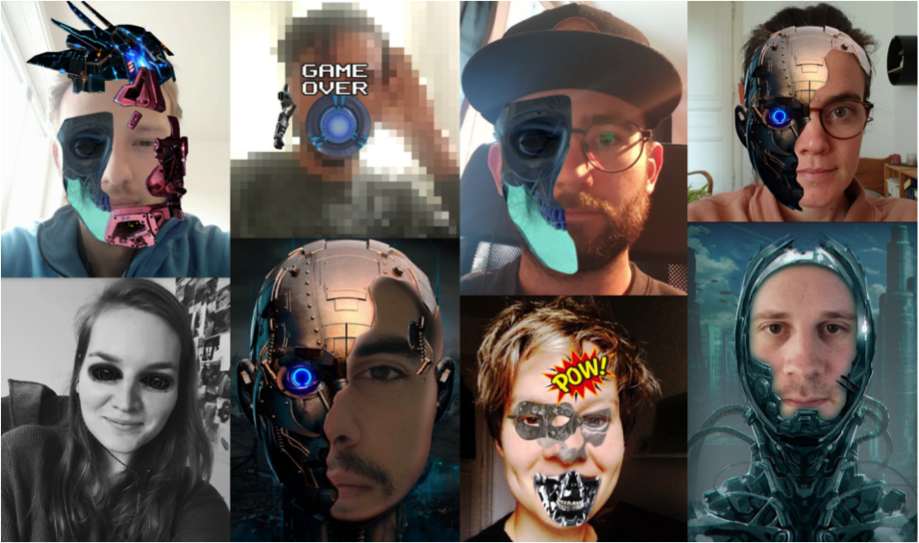



Human interaction with machines of all kinds can bring dangers as well as open up possibilities. In her Manifesto for Cyborgs (2000 [1985]), Donna Haraway critically examines the disappearing boundaries between machines and biological organisms, but also the potentials of this conception. How much cyborg is in us anyway? Using the example of the so-called smartphone zombie, our provocative format aims to encourage participants to reflect on cyborgs, dangers and possibilities of the (partial) loss of humanity. For this purpose, Haraway’s cyborg concept is to be experienced literally through an online self-test. On the website, participants can use an everyday story and a self-experiment to find out how much of a cyborg they already are.
Click here to go to the website with the test and self-experiment.
During the seminar we asked our fellow seminar participants to do the self-test and experience the ways in which they are cyborg at home. At the end, participants received an assessment of their cyborgization. In order to capture the format in a visual form, the seminar participants were asked within the self-test to represent their cyborgization with the help of a cyborg-photo-app (left).
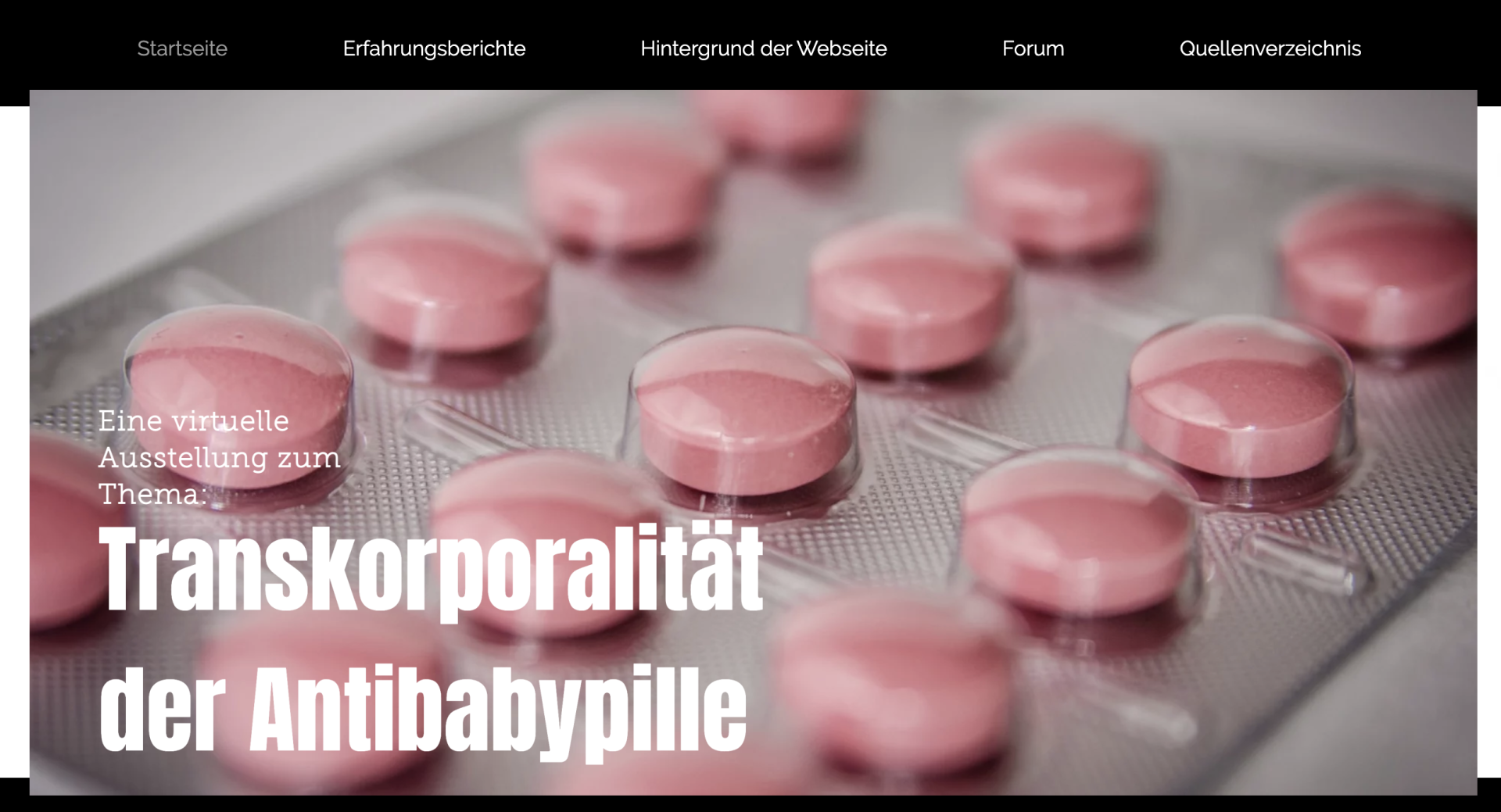
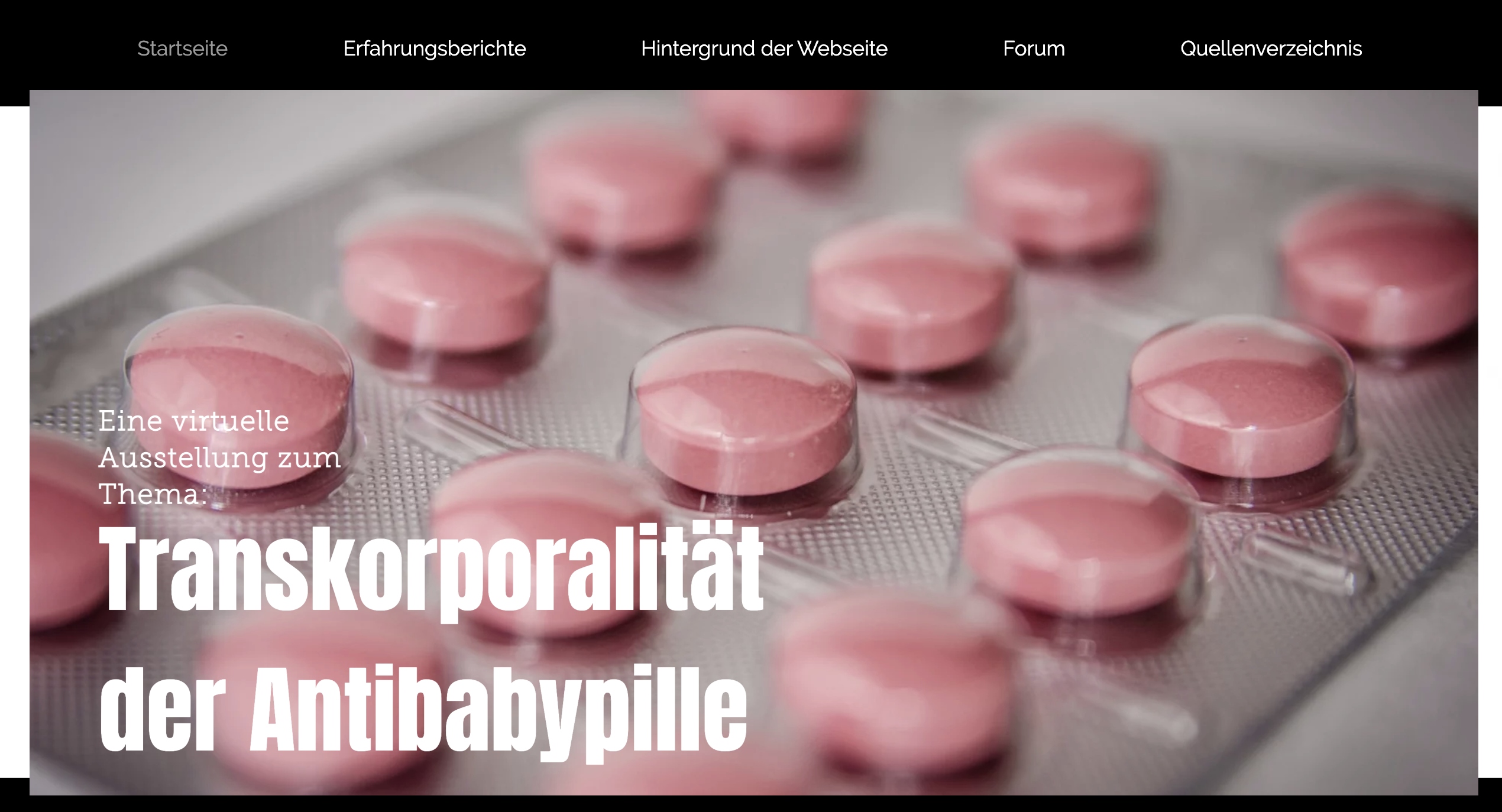


The concept of transcorporality attempts to dissolve dualisms such as between nature and culture and to outline a new understanding of the biological and the social (Strüver 2019: 224). Transcorporeality views humans and the environment as a unity in one body, interrelated through intra-action (Strüver 2019). The human body is seen as a site where social, spatial, and environmental injustices materialize (Strüver 2019: 225). The concept draws on theories of new materialism whose works include, for example, NatureCultures by Donna Haraway and posthumanist performativities by Karen Barad (Strüver 2019: 224).
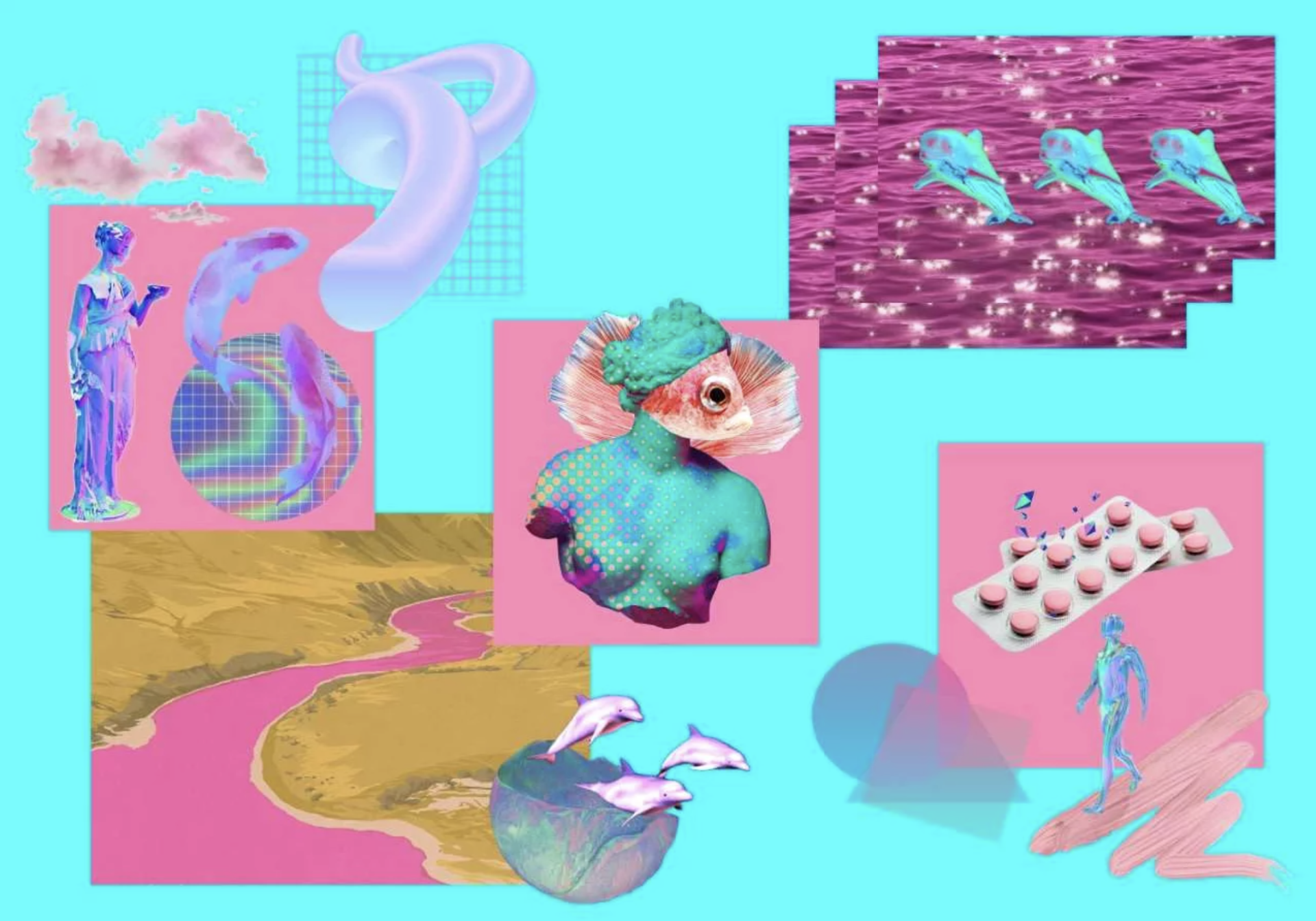
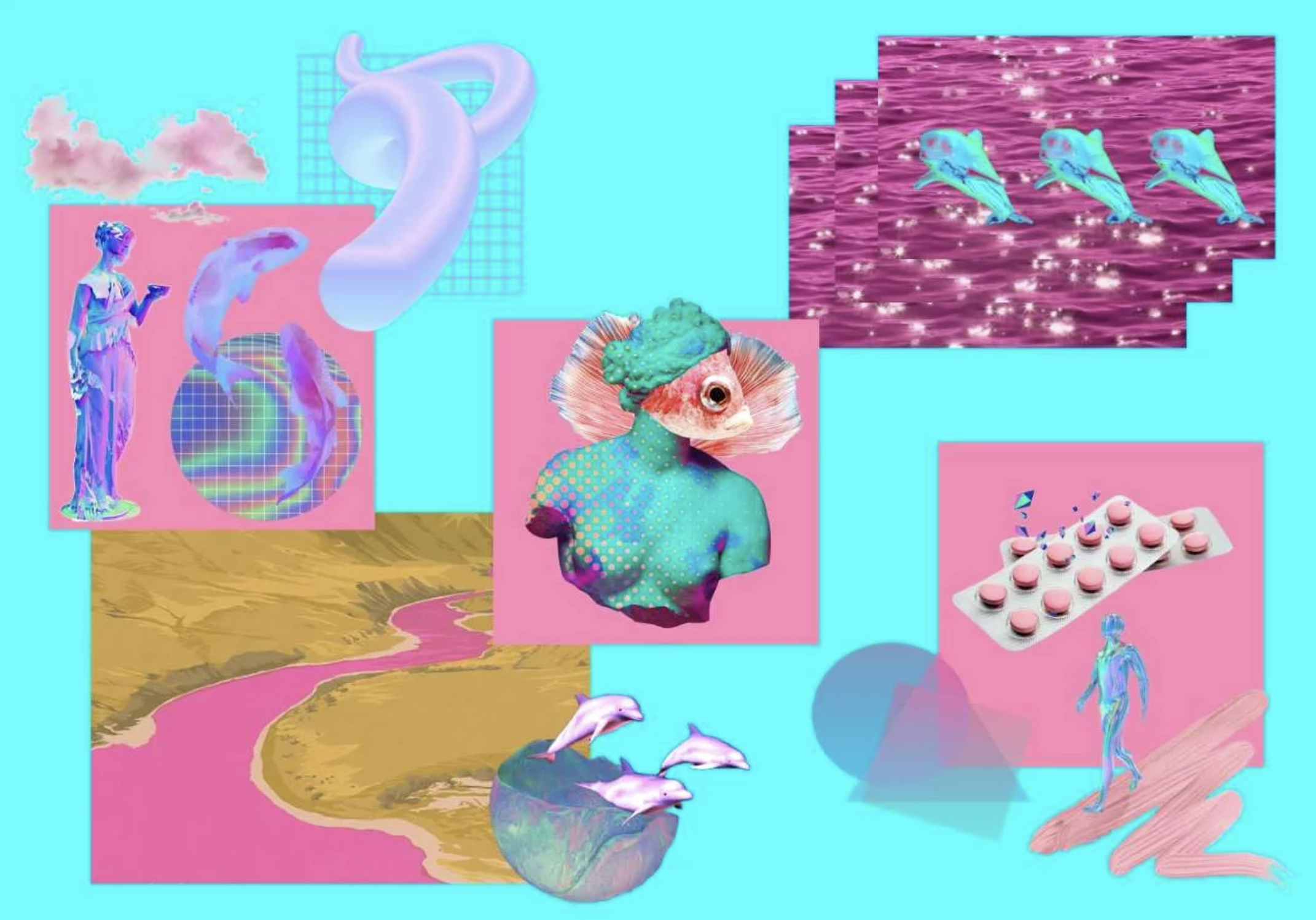


Employing the format of an exhibition, which became a virtual one due to the pandemic, we intended to communicate the concept of transcroporality to different people. During the creation of the website we tried to involve as many people as possible in the project, so that already in the production process different people would become familiar with the topic of transcorporality. To illustrate the concept, we wanted to choose a topic that many people are confronted with in their everyday lives. So we decided on contraception and finally narrowed down the topic to the birth control pill. The ways in which the contraceptive pill is transcorporal and/or generates transcroporality can be discovered on our website:

Ahmed, Sara. 2014. The Cultural Politics of Emotion. 2nd ed. New York: Routledge.
Alaimo, Stacy. 2008. “Trans-Corporeal Feminisms and the Ethical Space of Nature.” In Material Feminisms, edited by Stacy Alaimo and Susan Hekman, 237–64. Bloomington, Indianapolis: Indiana University Press.
Barad, Karen. 2003. “Posthumanist Performativity: Toward an Understanding of How Matter Comes to Matter.” Signs: Journal of Women in Culture and Society 28, no. 3 (März): 801–31.
Haraway, Donna. 2000. “A Cyborg Manifesto: Science, Technology and Socialist-Feminism in the Late Twentieth Century.” In The Cybercultures Reader, edited by David Bell and Barbara M. Kennedy, 291–324. London, New York: Routledge.
Strüver, Anke. 2019. “Von der Inkorporierung und Verkörperung des Sozialen zur Somatisierung der Umwelt: Posthumanistische Überlegungen zum biosozialen Subjekt.” Geographica Helvetica 74, no. 2 (June): 223–33.
Whatmore, Sarah. 2006. “Materialist Returns: Practising Cultural Geography in and for a More-than-Human World.” Cultural Geographies 13, no. 4 (October): 600–609.